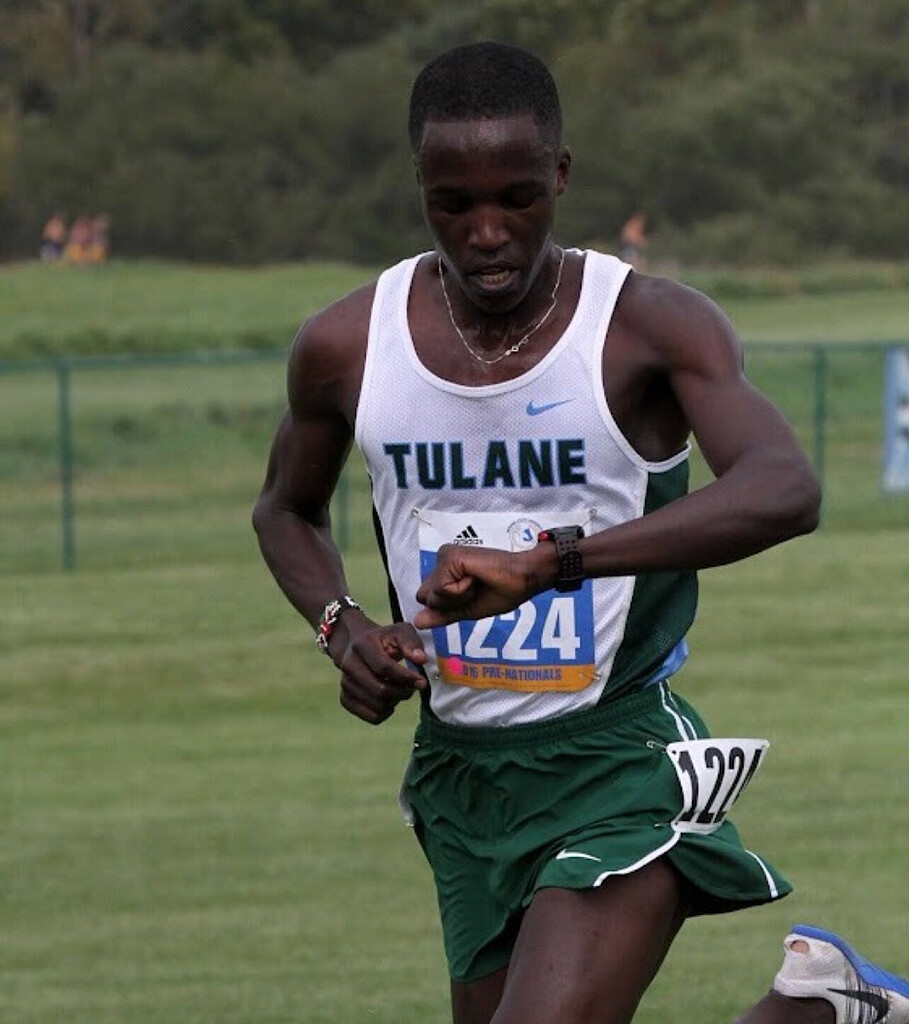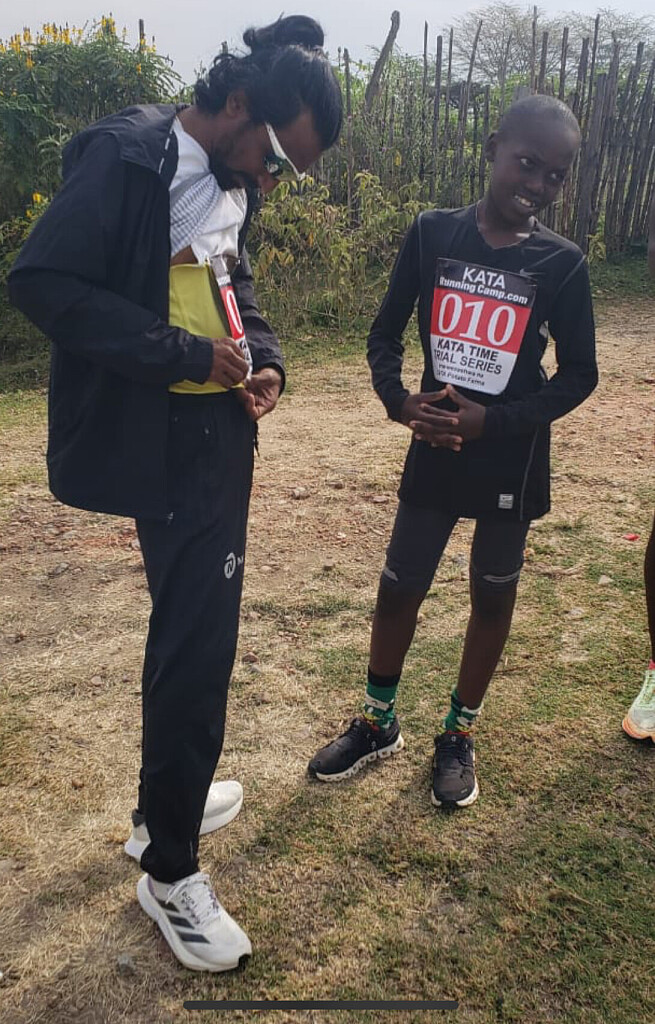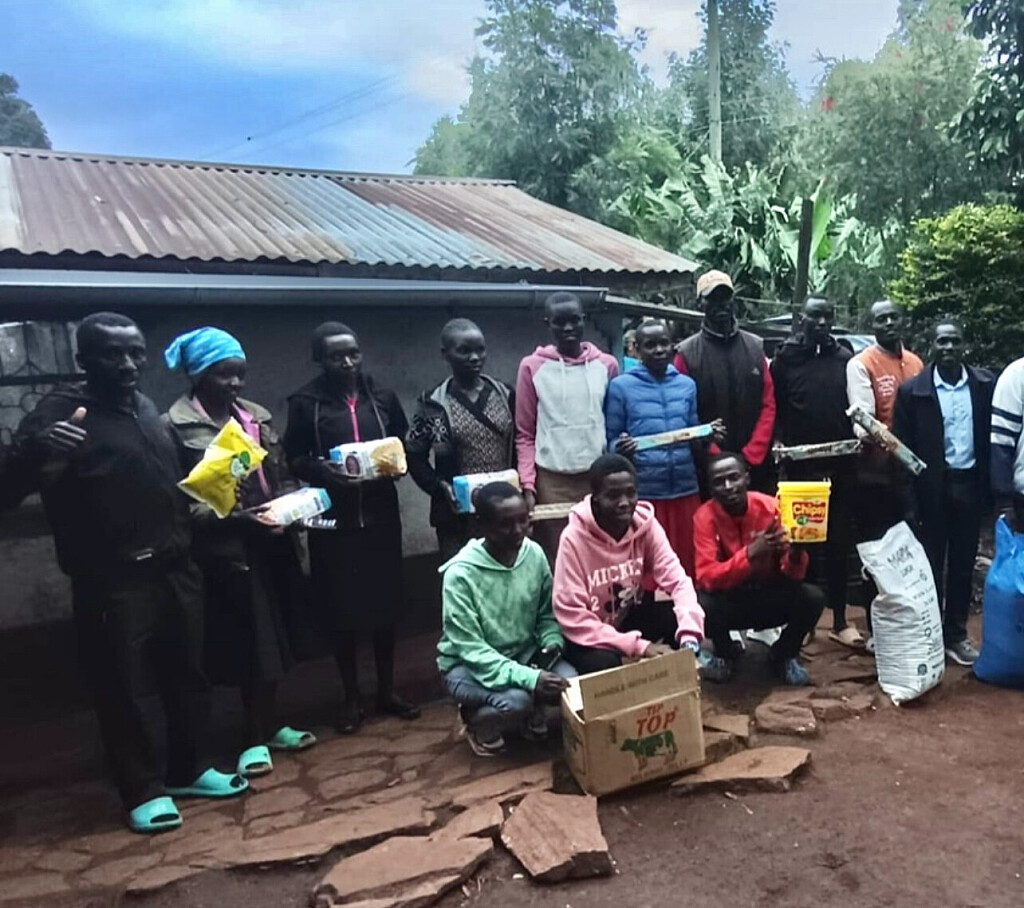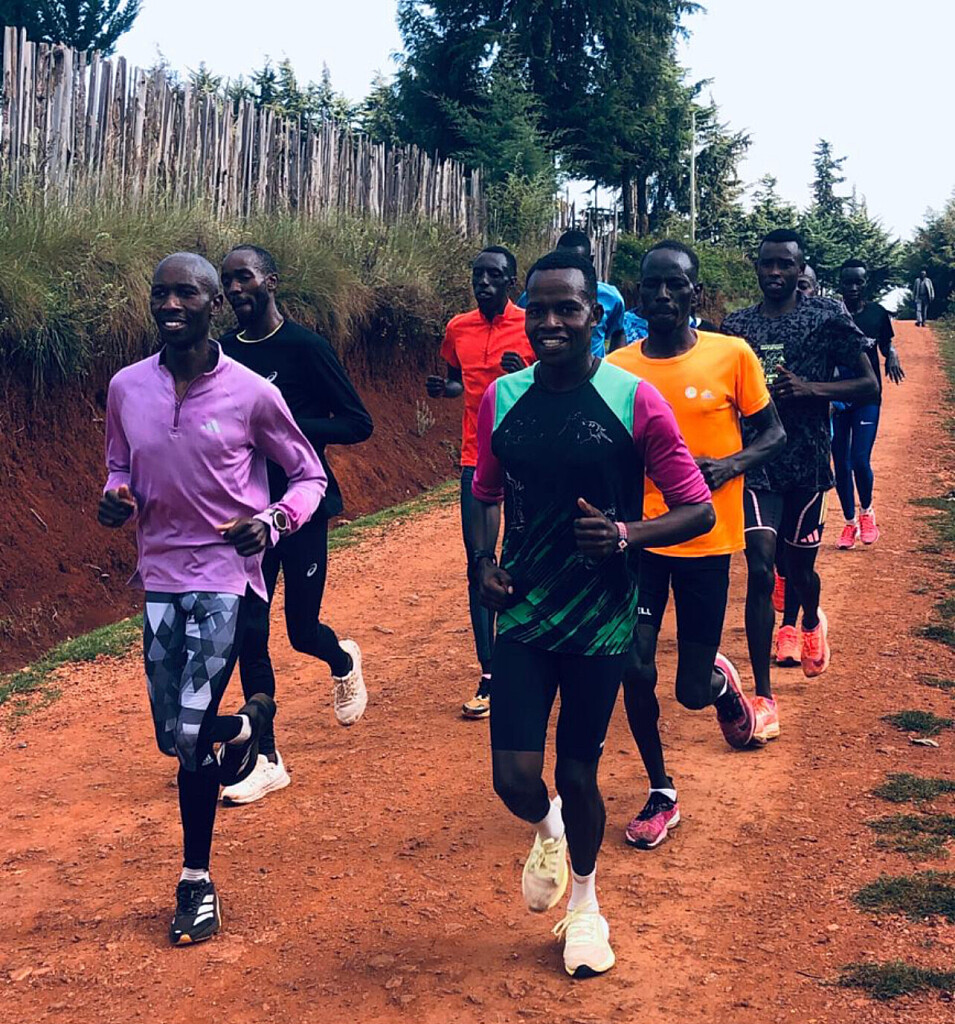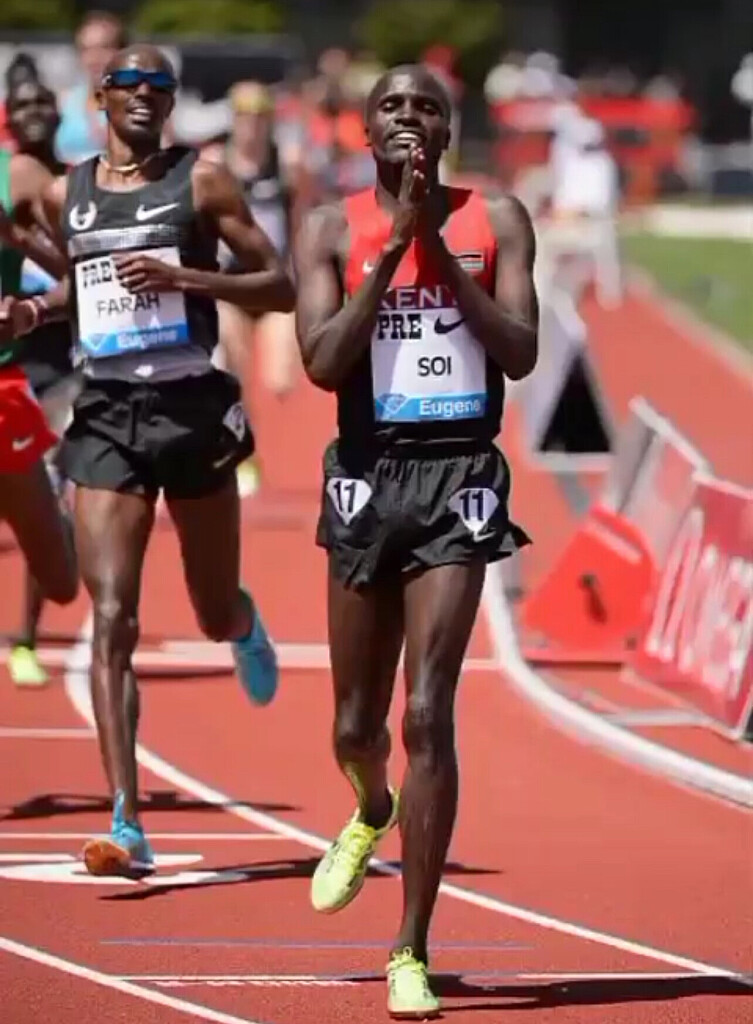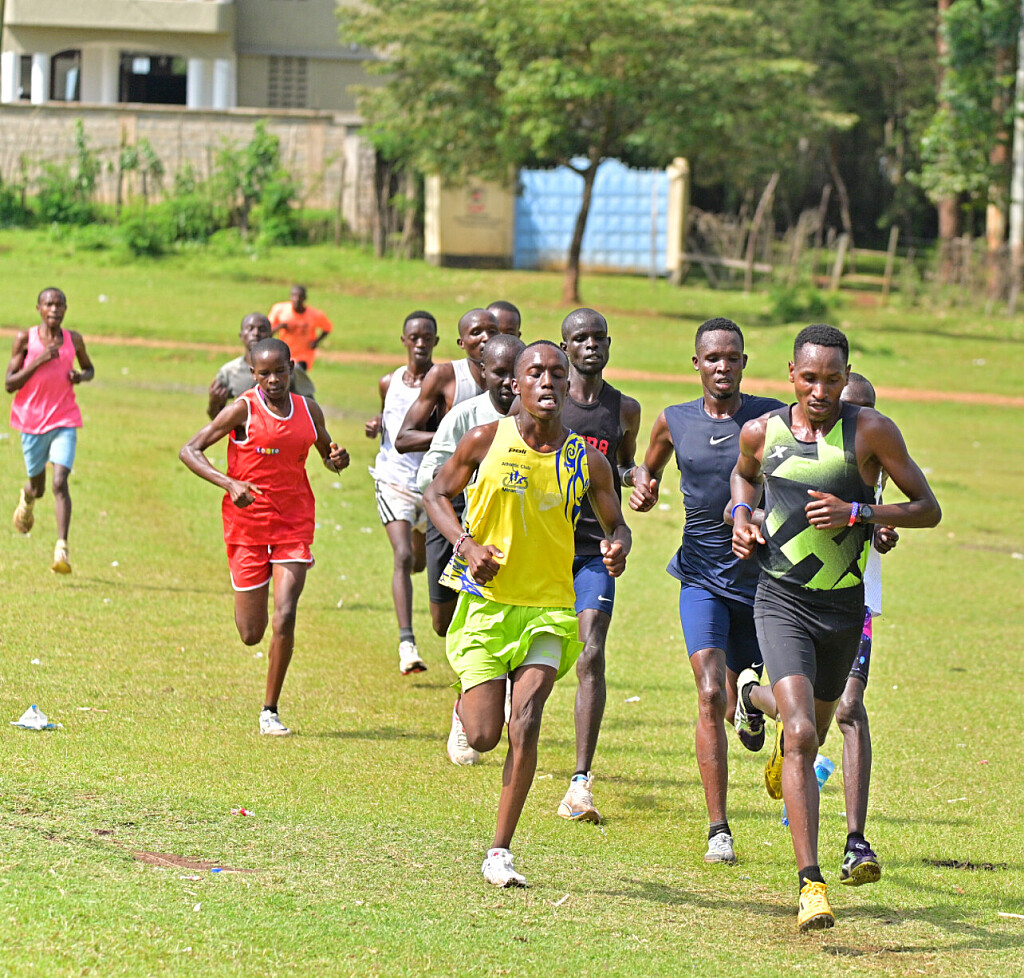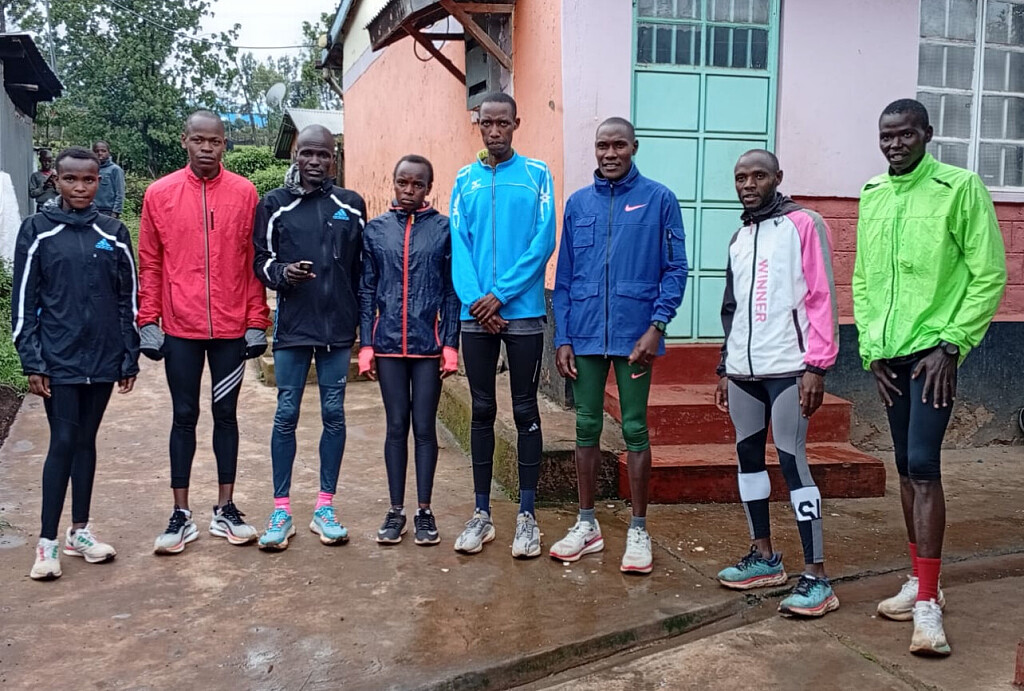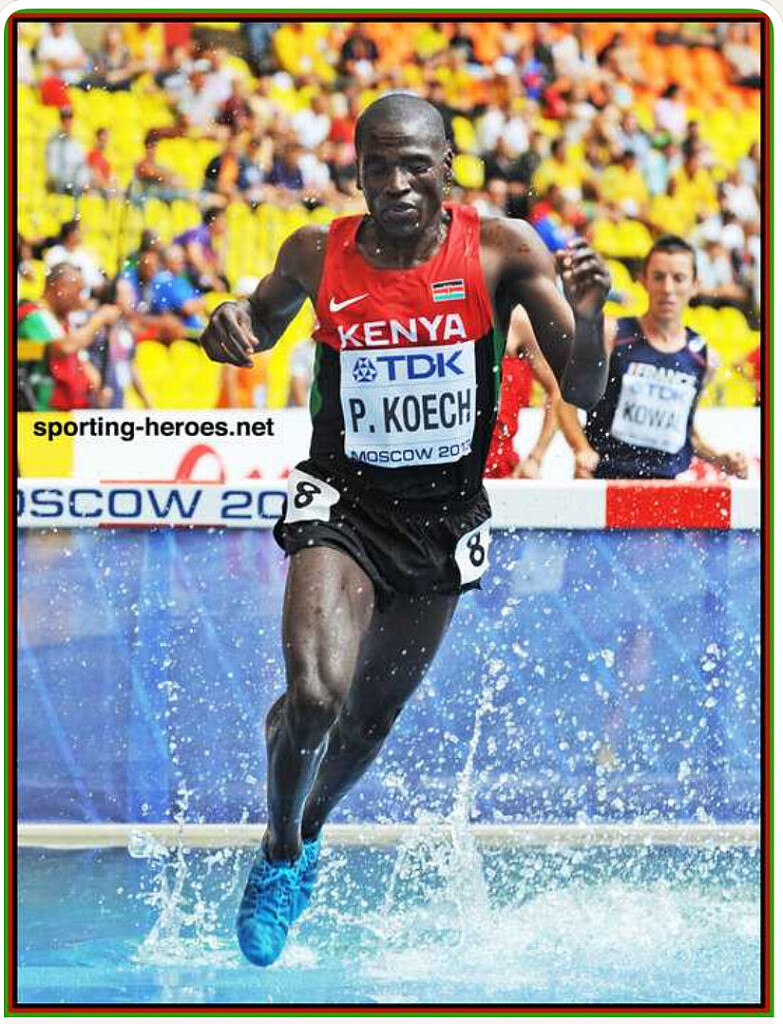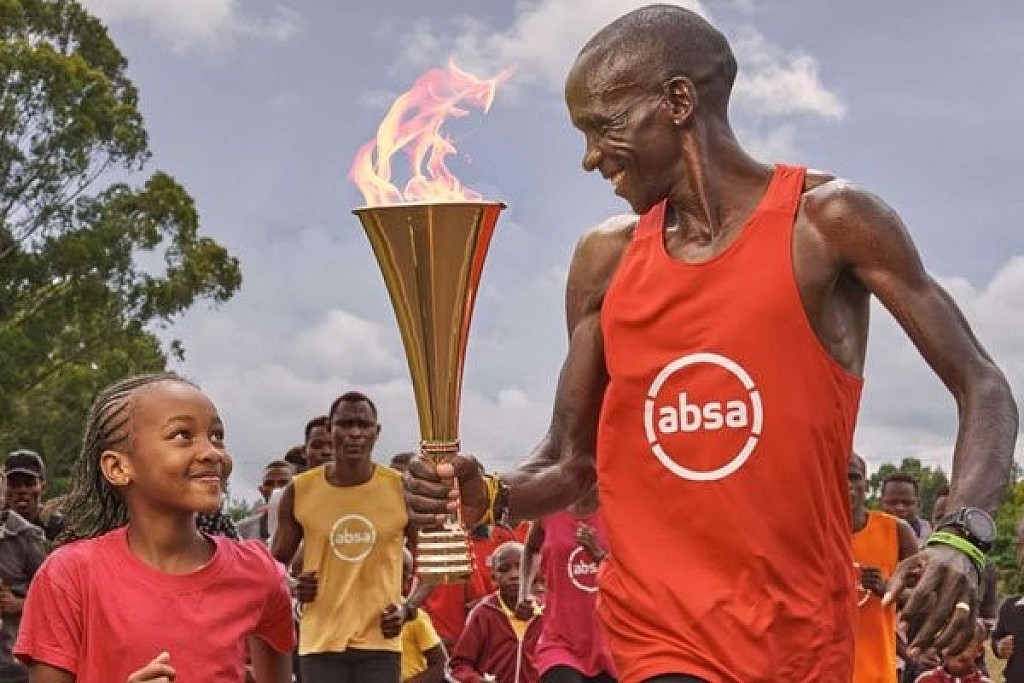Running News Daily
Running News Daily is edited by Bob Anderson. Send your news items to bob@mybestruns.com Advertising opportunities available. Train the Kenyan Way at KATA Kenya and Portugal owned and operated by Bob Anderson. Be sure to catch our movie A Long Run the movie KATA Running Camps and KATA Potato Farms - 31 now open in Kenya! https://kata.ke/
Index to Daily Posts · Sign Up For Updates · Run The World Feed
Articles tagged #Paul Kipsiele Koech
Today's Running News
Emmanuel Rotich Joins KATA as Camp Manager
KATA has announced the appointment of Emmanuel Rotich as its new Camp Manager.
“KATA is based in central Portugal, housed at the Anderson Manor of Portugal, with offices in Thika, Kenya, and Los Altos, California. From these three locations, we coordinate all aspects of our camps and potato farms, making KATA a truly global initiative.”
“Emmanuel has a strong athletic background, was educated at Tulane University in New Orleans, and most importantly, after speaking with him, I was impressed with his passion for the sport we love and for tying in potato farming to support our mission.”
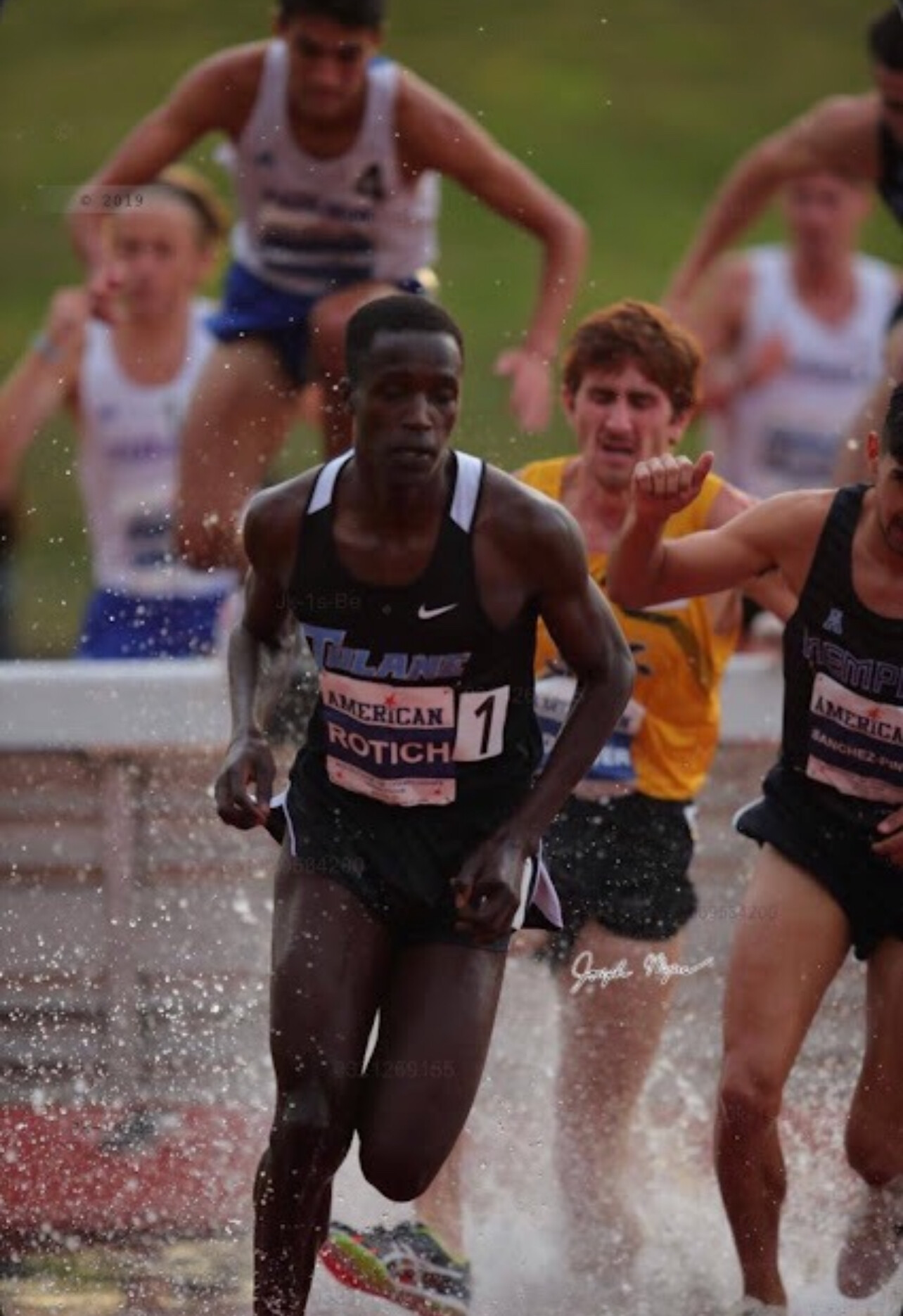
A Unique Mission: Athletics and Agriculture
In just 90 days, KATA has grown into a movement unlike anything else in the world. The program now operates 30 KATA Running Camps across Kenya, along with 20 additional KATA Potato Farms, bringing the total to 50 KATA farms. These farms provide both food security and revenue streams while directly supporting the athletes who train under the KATA banner.
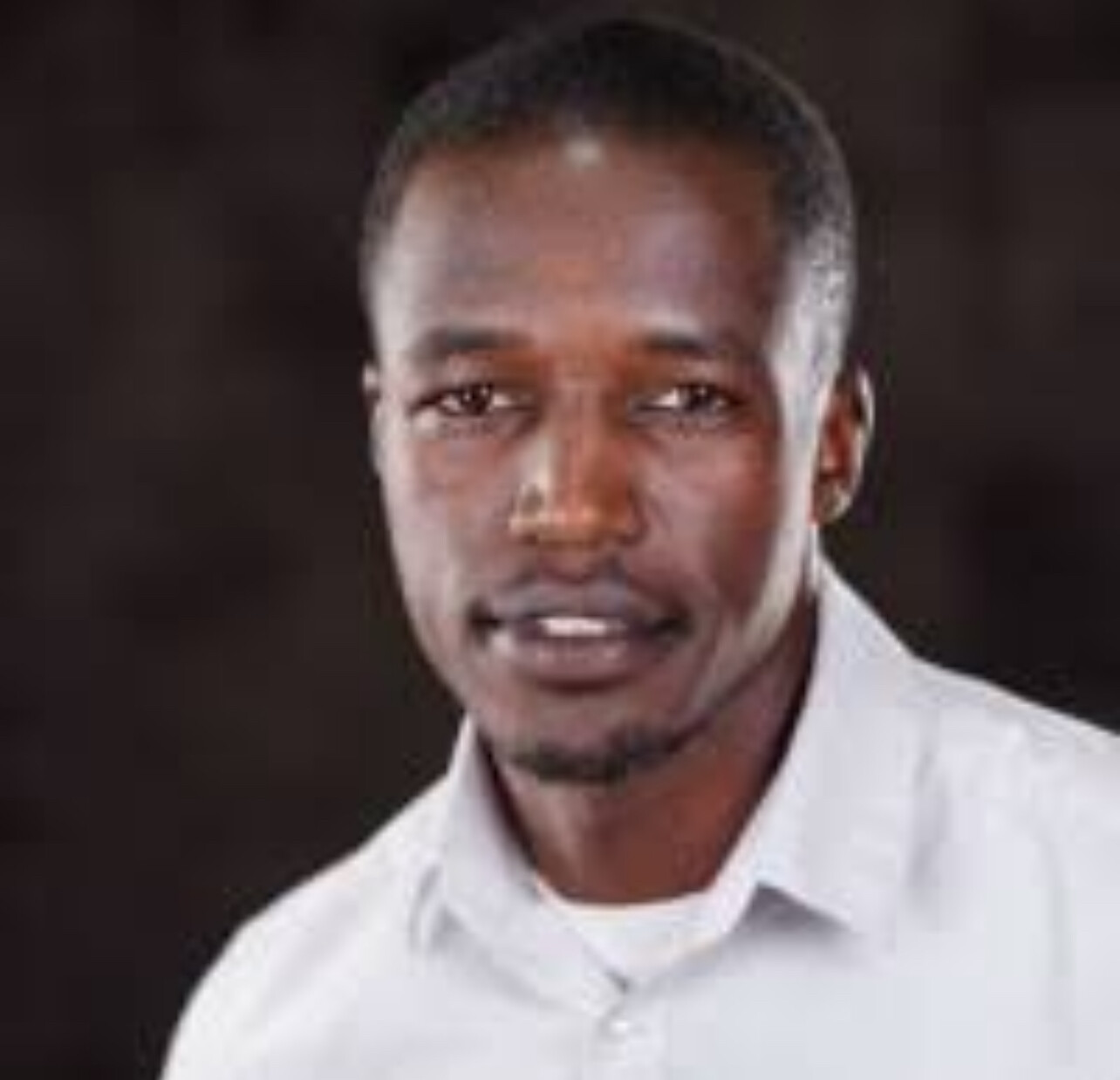
“There is nothing like this in the world,” said Emmanuel. “When Paul Kipsiele Koech, one of the 30 camp operators and an Olympic medalist, suggested I reach out to Bob—a person I had followed for years on Facebook—I hoped I would be selected to become part of the KATA family.”
Emmanuel Rotich: A Global Perspective
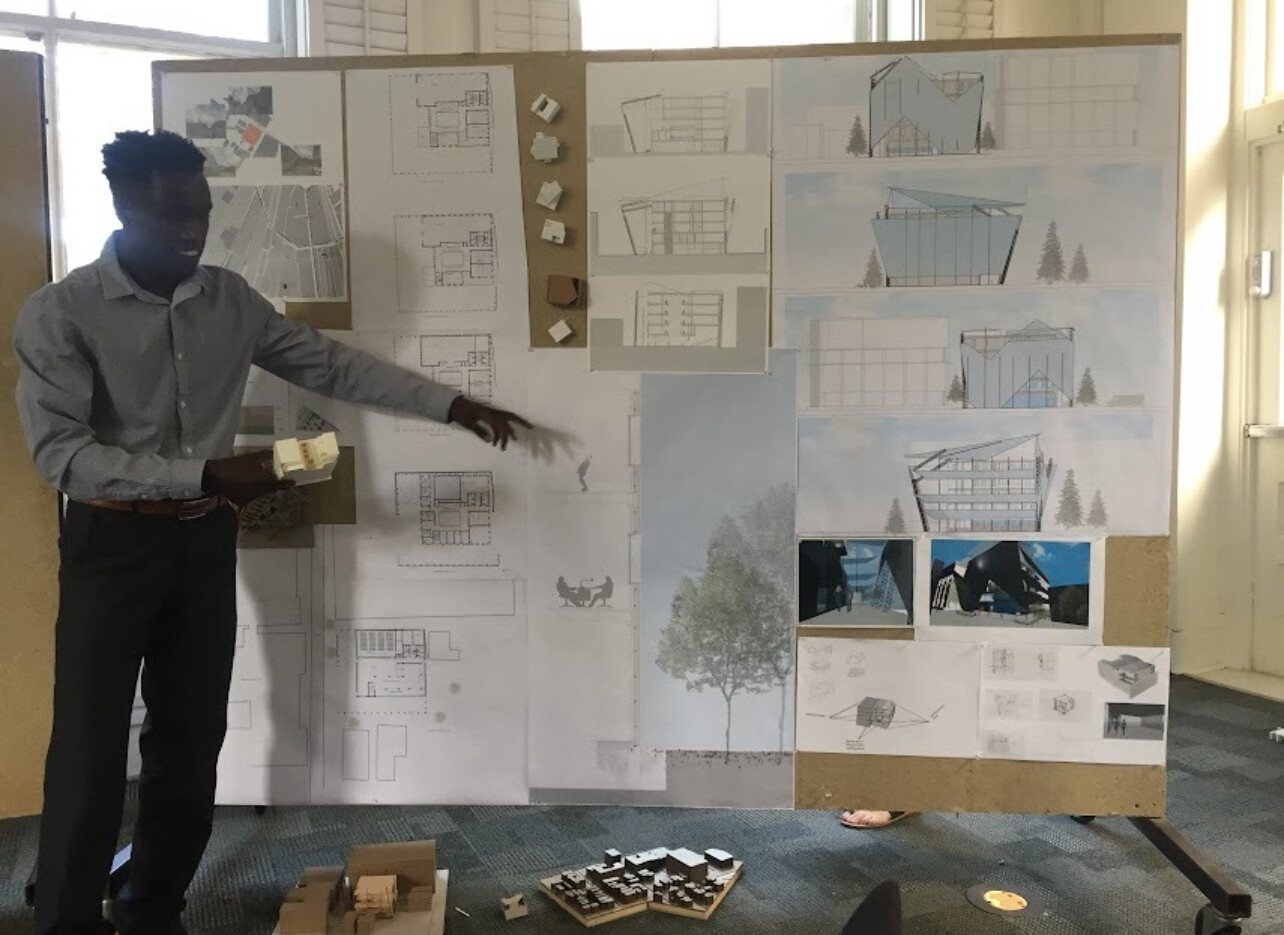
Born and raised in Kenya, Emmanuel Rotich brings an impressive mix of athletic, academic, and professional experience to KATA.
As a former student-athlete at Tulane University in New Orleans, he balanced competitive running with academics, earning a Bachelor’s degree in Architecture and a Master’s degree in Sustainable Real Estate Development. That journey instilled discipline, resilience, and a commitment to excellence—qualities he now carries into his professional career.
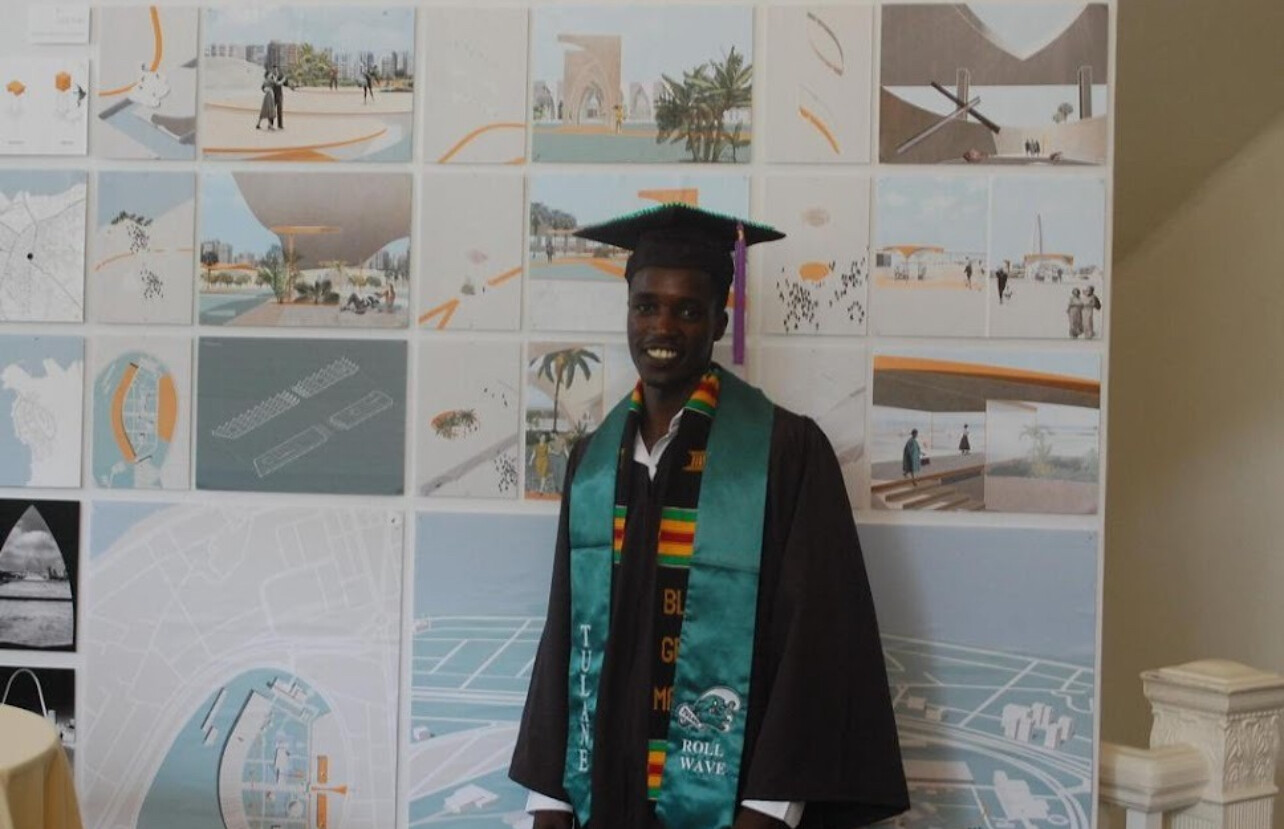
“I chose KATA because of its innovative approach to combining athletics with sustainable agriculture,” Emmanuel explained. “This dual focus reflects my values of personal development, community growth, and environmental responsibility.”
Vision for KATA
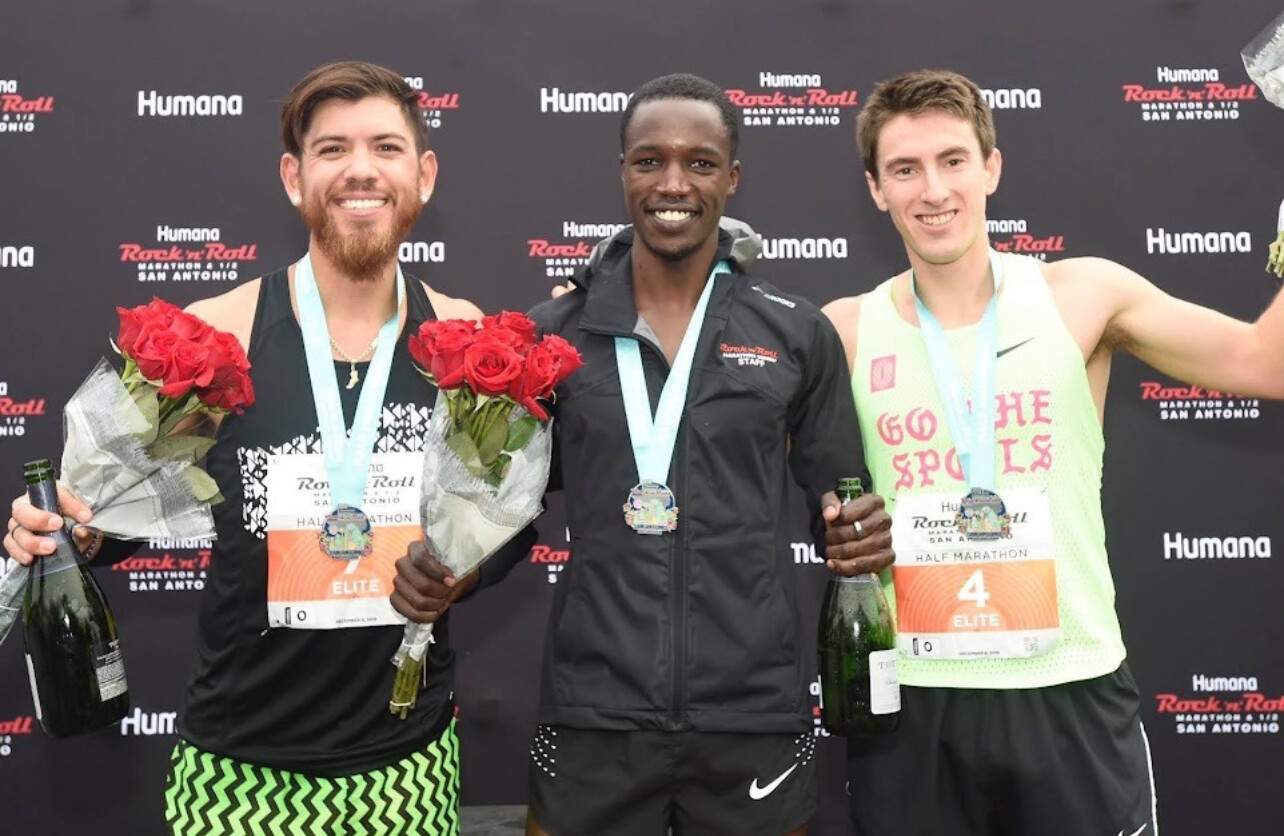
As International Manager, Emmanuel has outlined three clear goals:
1. Drive Business Growth – Build partnerships and expand KATA’s global influence.
2. Enhance Athlete Development – Ensure that runners in KATA Running Camps have the resources and opportunities they need to thrive.

3. Promote Sustainable Agriculture – Strengthen and grow KATA Potato Farms, which underpin the program’s long-term sustainability.
His professional background spans architecture, sustainable development, logistics, and operations management, combined with the firsthand perspective of an athlete. This balance of skills positions him uniquely to guide KATA into its next phase of growth.
Looking Ahead
“I see KATA not just as an academy but as a movement that integrates sports and sustainability,” Emmanuel said. “By combining athlete development with agricultural innovation, KATA creates a model that benefits individuals, communities, and the environment. I am inspired by Bob Anderson’s leadership and excited to contribute to this vision on both local and international levels.”
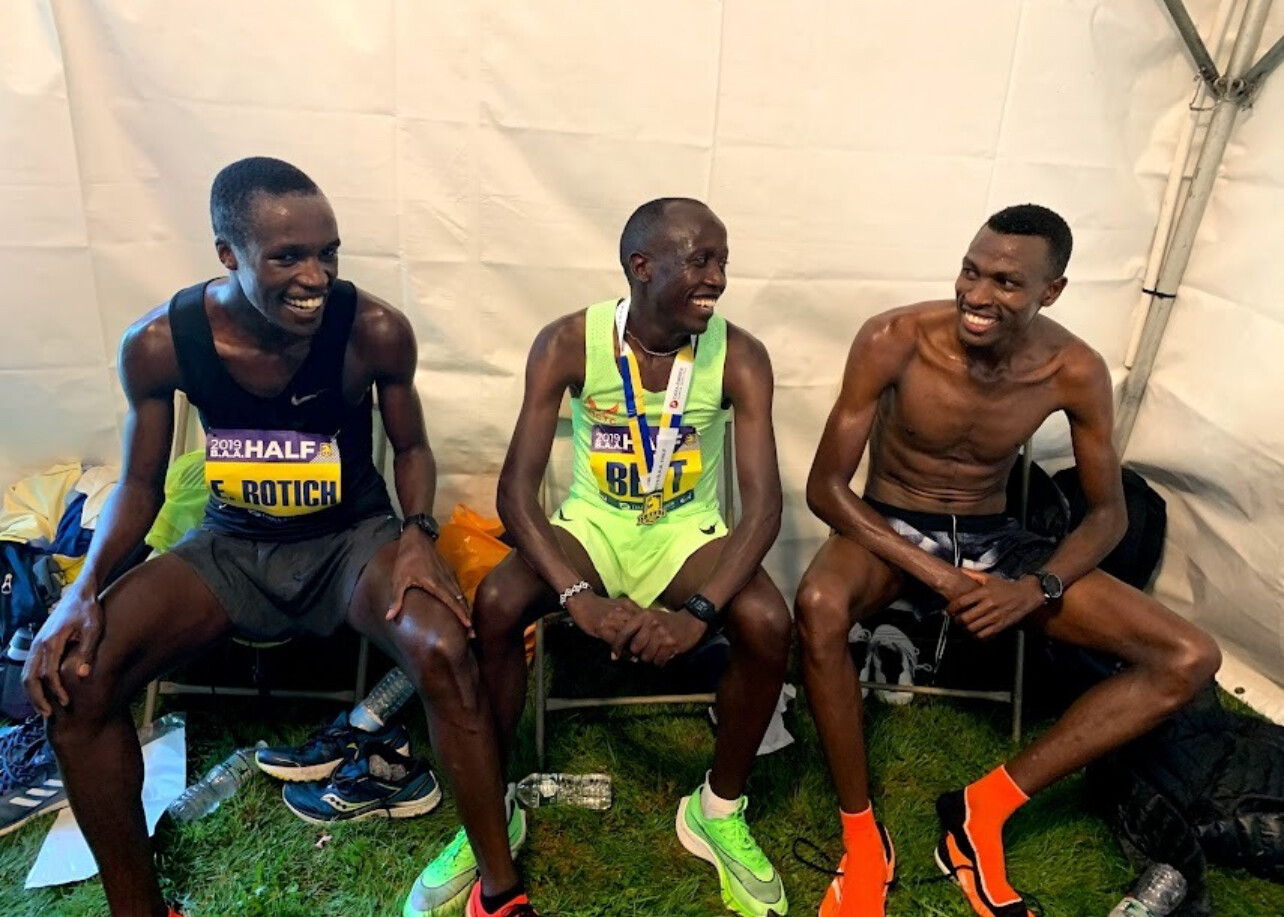
With Emmanuel Rotich stepping in as International Manager, KATA continues to gain momentum as a pioneering force in athletics and agriculture. What began as an idea just three months ago has already blossomed into a transformative program with global reach—and Emmanuel’s appointment signals that this is only the beginning.
by Boris Baron
Login to leave a comment
Back-to-Back Time Trials Highlight Depth at KATA Camps 11 & 06
Coach: Paul Kipsiele Koech Dates: 7th & 8th August 2025
Coach Paul Kipsiele Koech’s athletes at KATA Running Camp 11 (Njerian) and KATA Running Camp 06 (Sotik) produced two days of thrilling 10km and category races, showing both raw talent and seasoned experience.
KATA 11 – Njerian Athletics Camp (7th August 2025)
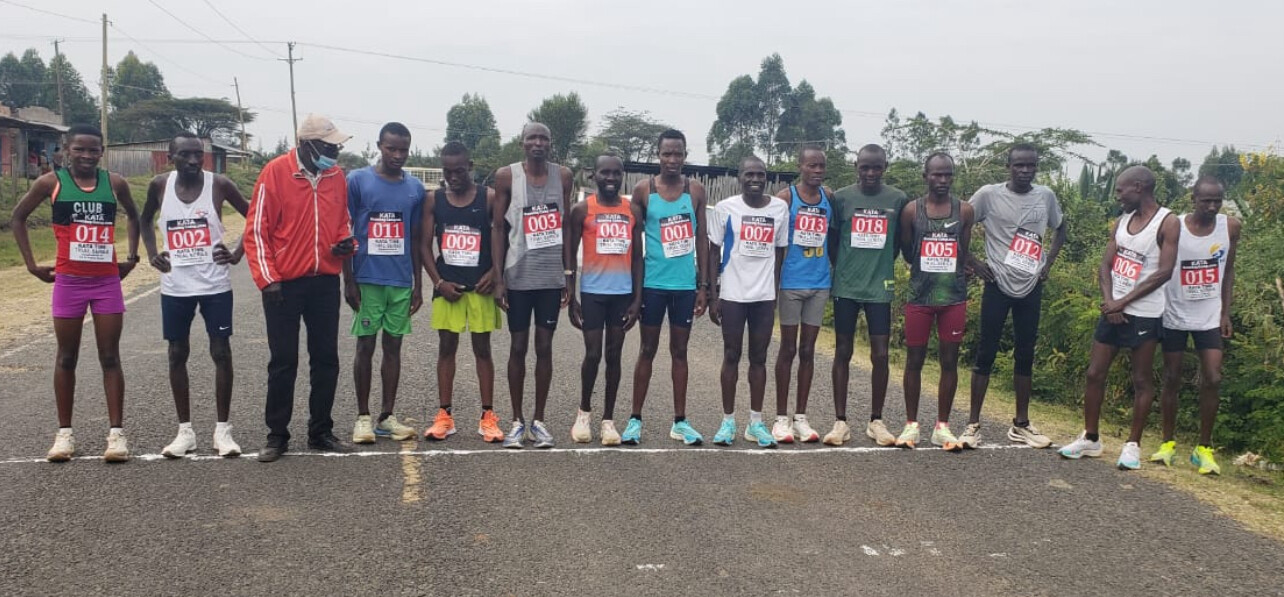
Senior Men – 10km
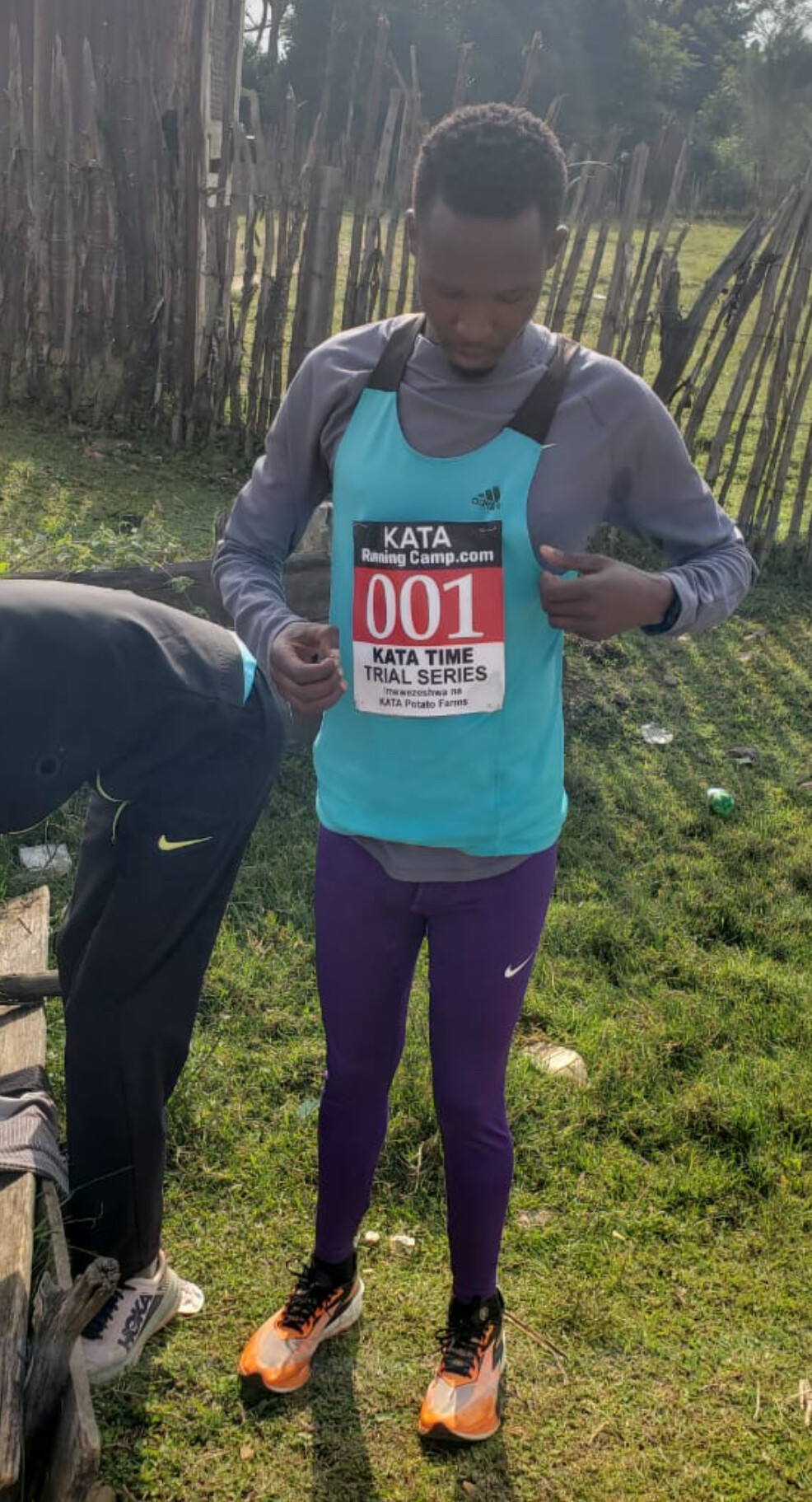
1. 041 – Brian Kipyegon – 29:09.55
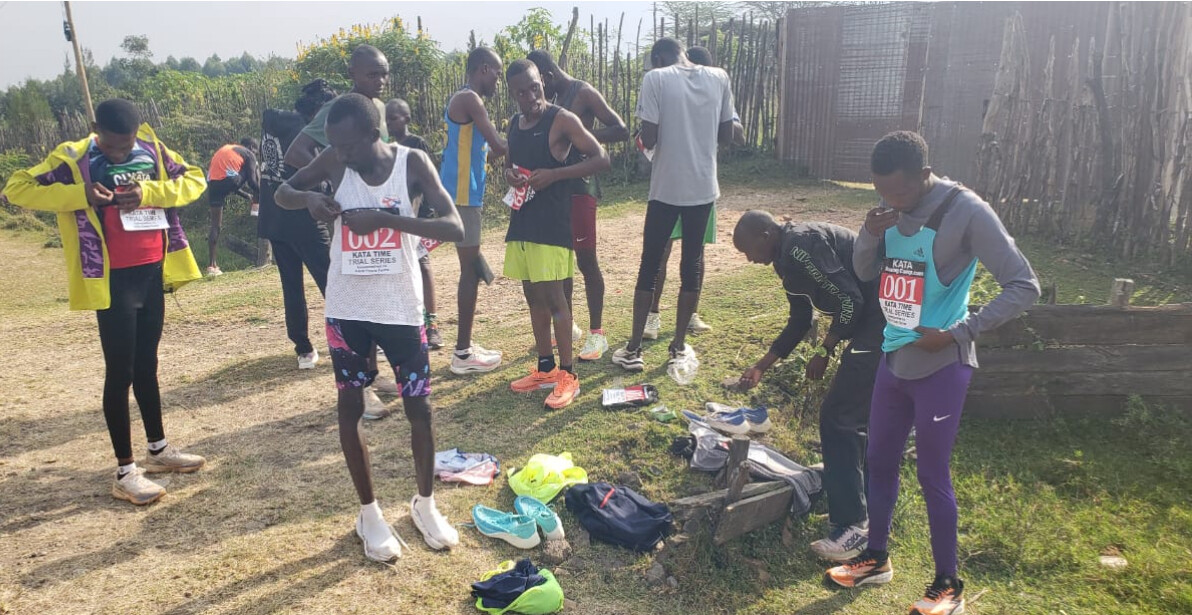
2. 015 – Hillary Kibet – 29:19.81
3. 017 – Charles Rono – 29:22.42
4. 037 – Cosmas Kemboi – 29:32.54
5. 023 – Nathan Koech – 29:35.76
6. 019 – Benard Sigilai – 30:30.98
7. 016 – Gilbert Sang – 30:53.54
8. 034 – Nathan Ngeno – 30:56.33
9. 017 – Emmanuel Kiplangat – 31:11.24
10. 014 – Abraham Saningo – 31:13.44
11. 026 – Denis Cheruiyot – 32:01.17
12. 012 – Stenly Kirui – 32:11.21
13. 020 – Amoi Kipkemoi – 32:13.29
14. 028 – Gideon Kiprotich – 32:38.24
15. 010 – Dominic Sang – 32:53.25
16. 029 – Kevin Kiplangat – 32:58.35
17. 040 – Elijah Selel – 32:59.75
18. 027 – Emmanuel Rono – 33:20.82
19. 018 – Evans Yegon – 33:37.69
20. 020 – Vincent Mutai – 33:40.58
21. 022 – Linox Koech – 33:58.12
22. 035 – Duncan Cheruiyot – 34:21.91
KATA 06 – Sotik Time Trials (8th August 2025)
Men – 10km
1. Benard Ngeno – 30:58
2. Kelvin Kemboi – 31:11
3. Gilbert Korir – 31:31
Masters Men – 10km
1. 013 – Jacob Mutai – 30:12.46 – Year 1986
2. 002 – Daniel Ngeno – 30:24.89 – Year 1981
3. 039 – Benard Korir – 30:32.37 – Year 1987
4. 001 – Peter Bii – 30:38.87 – Year 1973
5. 007 – Philip Kirui – 30:43.47 – Year 1987
6. 004 – Joseah Kosgei – 32:12.76 – Year 1982
7. Daniel Businnenei – 32:53.12 – Year 1981
8. 003 – Christopher – 34:32.44 – Year 1983
9. 006 – Robert Kimutai Koech – 37:32.99 – Year 1962
10. 008 – Simion Towet – 39:52.75 – Year 1971
Masters Women – 10km
1. 005 – Zeddy Chepkoech – 39:59.06 – Year 1978
Senior Women – 10km
1. 021 – Zeddy Chelangat – 32:11.17
2. 023 – Faith Chelangat – 32:44.96
3. 038 – Daisy Chemutai – 33:58.01
4. 033 – Fancy Chepkoech – 34:07.26
5. 010 – Stella Cheruiyot – 34:55.05
6. 030 – Mercy Cherono – 35:18.42
7. 036 – Dorcas Chepkorir – 35:32.87
8. 031 – Salome Chebet – 40:52.65
Coach’s Note:
“Both camps showed remarkable form. The back-to-back format gave me a rare opportunity to compare performance levels across Njerian and Sotik, and both are right on track for the competitive season ahead.” – Paul Kipsiele Koech
by Boris Baron
Login to leave a comment
From Dirt Roads to Global Dreams: Inside Kenya’s Fastest-Growing Running Movement
In the heart of Kenya’s Rift Valley and beyond, a quiet revolution in athletics is underway. What began as a modest idea has grown into a dynamic movement that now spans 19 KATA Running Camps and Potato Farms across Kenya—plus two international retreats, including one at the historic Anderson Manor in Monforte da Beira, Portugal.
And it’s happening fast.
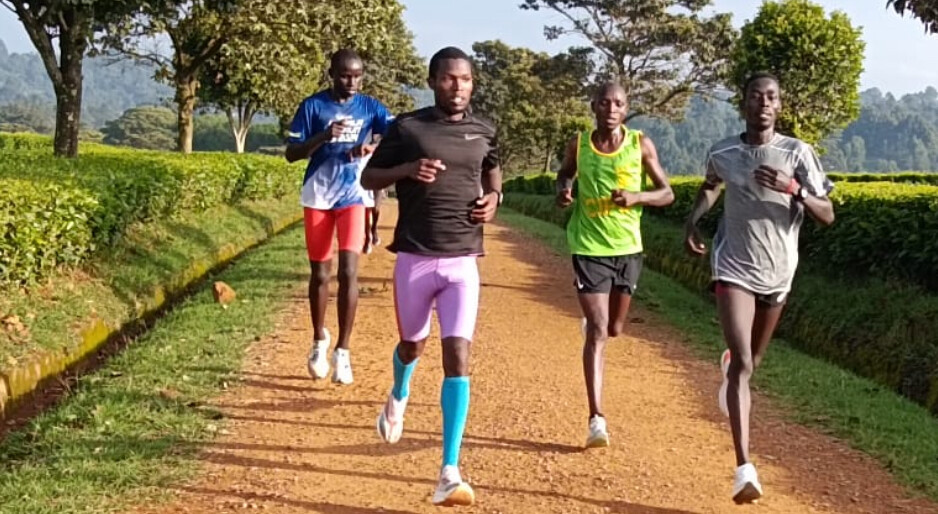
“We never planned to expand this quickly,” says Bob Anderson, founder of KATA and a lifelong advocate for long-distance running. “But the momentum of this movement just couldn’t be slowed down. We’ll be confirming one more camp shortly, and additional locations will follow in early 2026.”
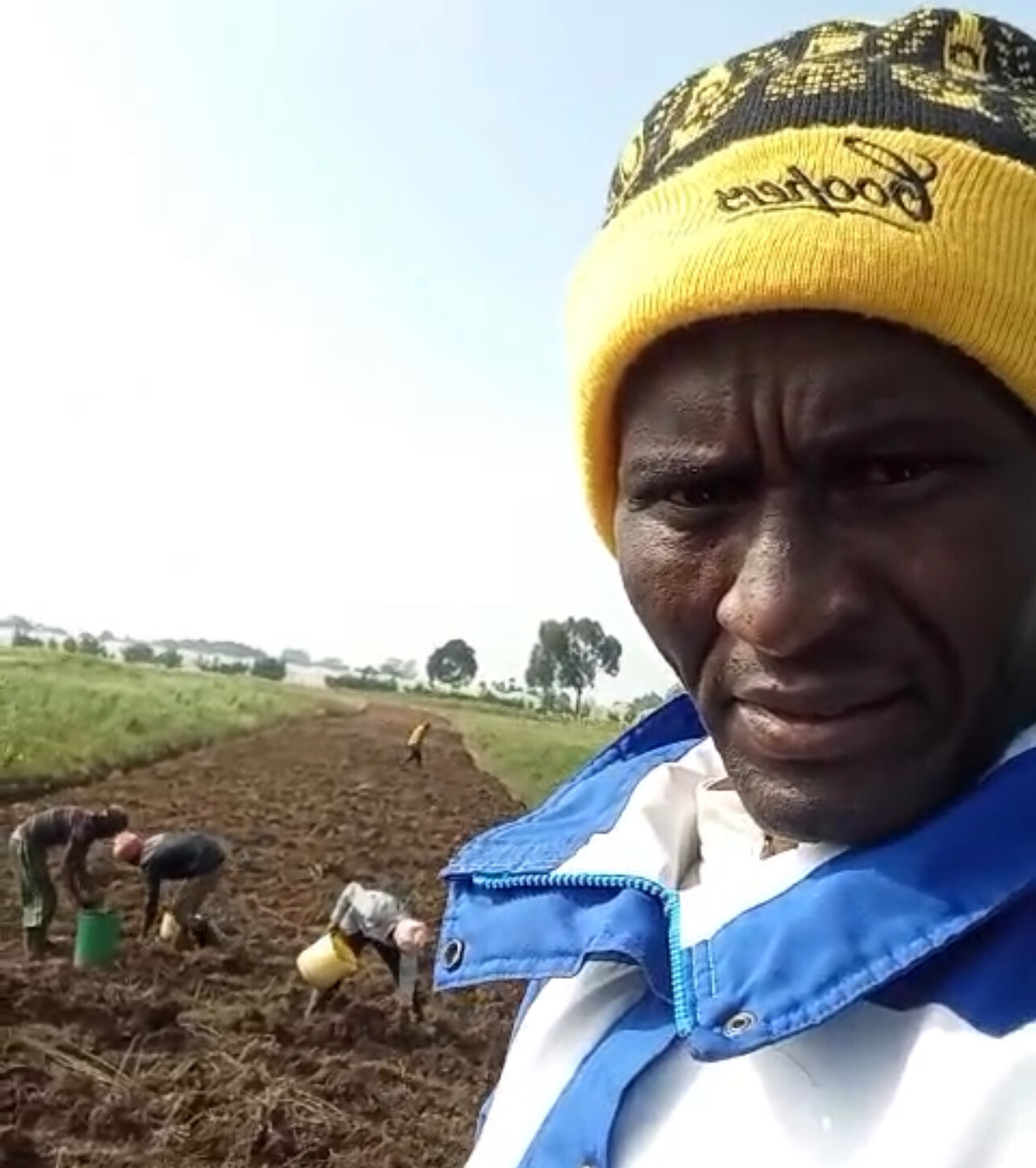
KATA—short for Kenyan Athletics Training Academy—is unlike anything else in the world of distance running. It blends elite training with economic empowerment, giving young athletes not only the tools to run fast, but also a system that sustains them—and their communities—beyond the track.
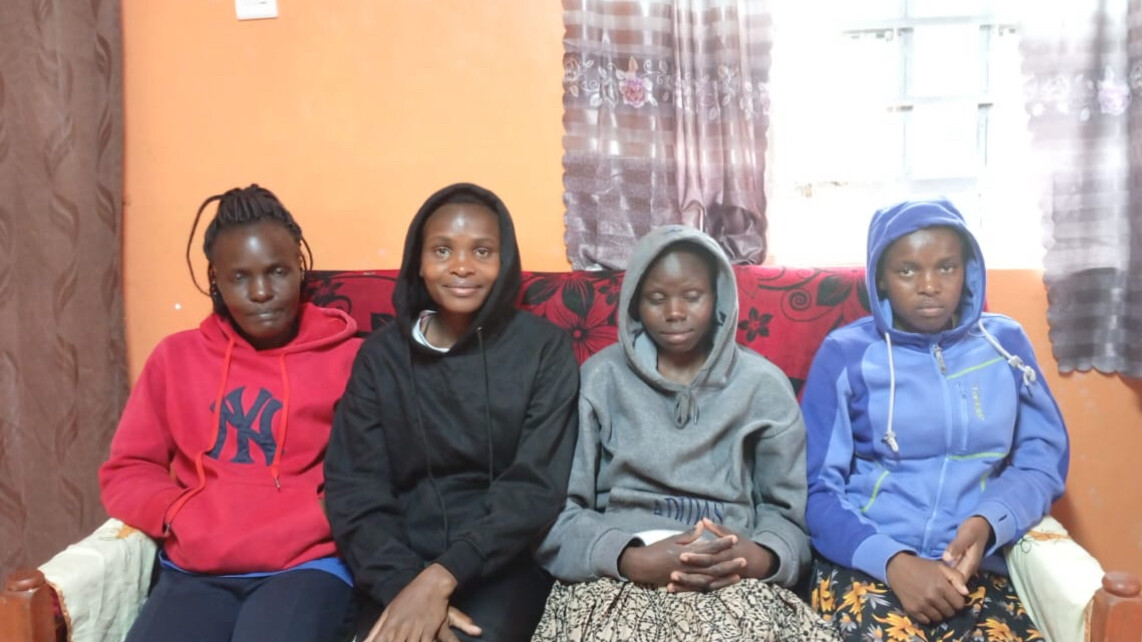
“This is not just sports development,” says Brigid Chebet, a Kenyan journalist who has closely followed the program. “It’s a model of rural transformation through athletics. And Kenya may finally have found a winning formula for generations to come.”
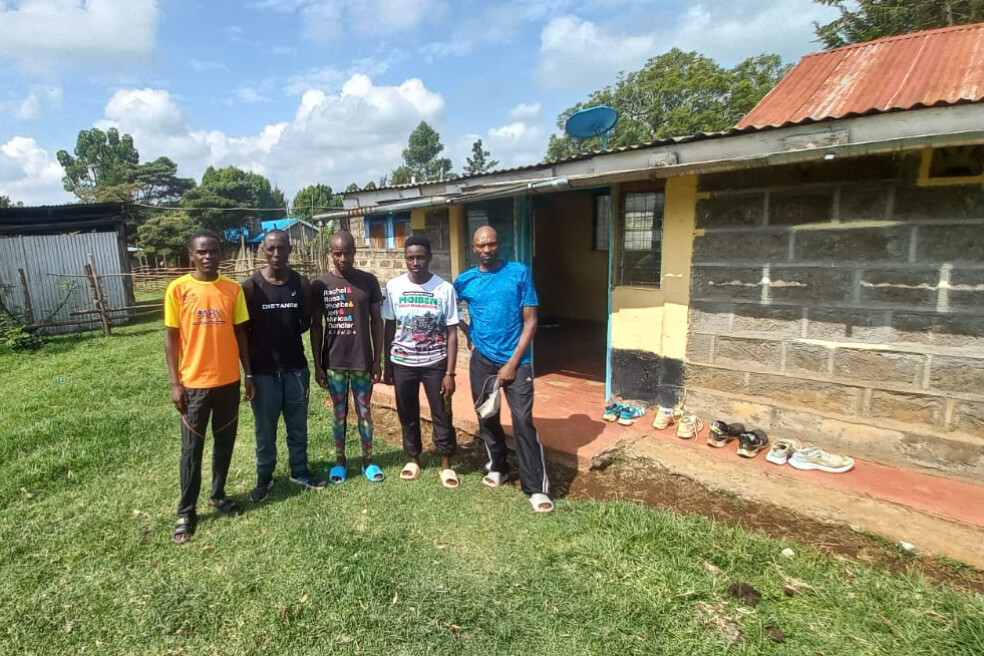
From a Vision to a Movement
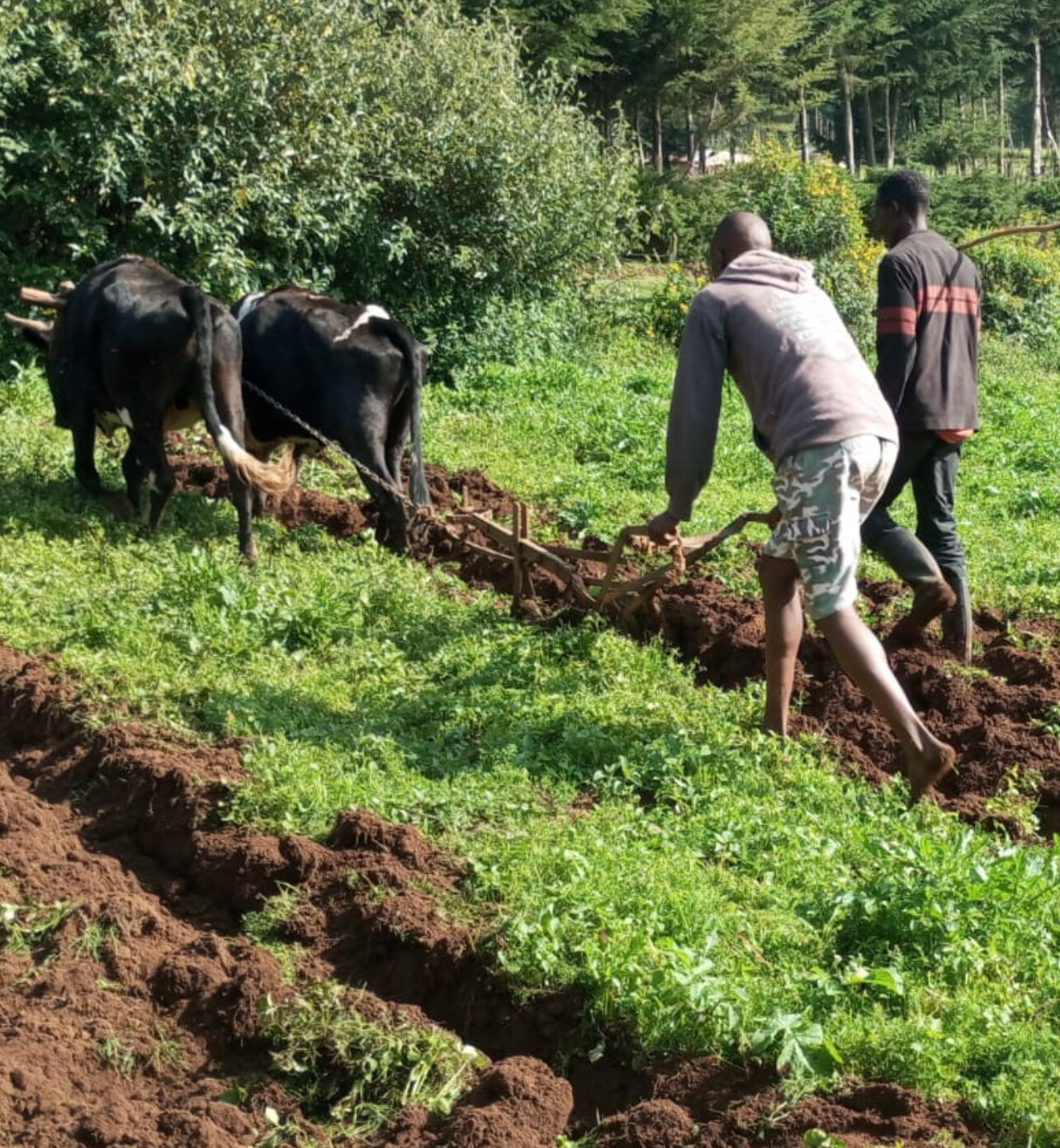
KATA was founded by Bob Anderson, an accomplished American runner who created Runner’s World magazine and later My Best Runs. After visiting Kenya in 2014, he was deeply inspired by the raw talent scattered throughout rural communities—athletes with potential but no pathway.
“He saw a path that few others in athletic management had envisioned—a system that not only trains champions but empowers them economically,” writes Chebet.
That system became KATA: a network of running camps, each paired with a three-acre potato farm. Each camp receives an interest-free loan from KATA to establish operations. In exchange, athletes train full-time and contribute 25 hours a week to the farm. Revenue from the potato harvest supports camp expenses, housing, and meals—creating a self-sustaining ecosystem.
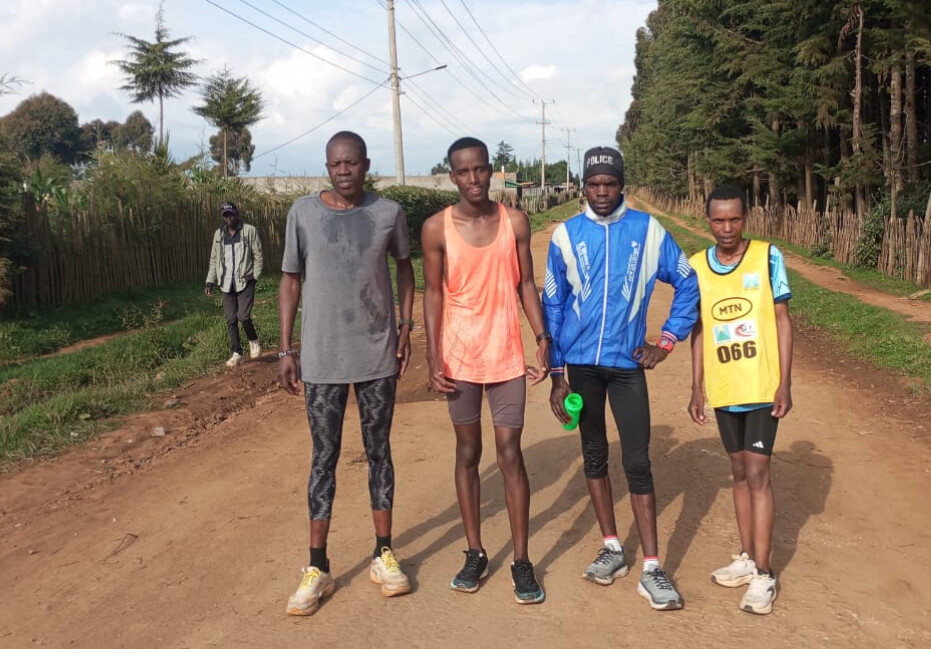
A Growing National Network
The first KATA retreat opened in Thika in 2019. Today, the initiative includes 19 camps spread across Kenya, each run by an experienced operator—many of them former elite athletes.
|
Location |
Operator |
|
Kapcherop |
Philemon Kipruto |
|
Molo |
Eric Chepkwony |
|
Kurengat |
Sammy Dismas |
|
Nyandarua |
Peter Njoroge |
|
Kericho |
|
|
Sotik |
|
|
Sachangwan |
Amos Chirchir |
|
Iten |
David Kellum |
|
Tenden |
Philemon Kipruto |
|
Eldoret |
Ruth Chumo |
|
Njerian Bomet |
Paul Kipsiele Koech |
|
Olenguruone |
Charles Ngeno |
|
Kapkembu |
Kipyegon Nehemiah |
|
Gasharrarge |
Job Langat |
|
Kaptagat |
Joseph Ngure |
|
Kiambu |
Julius Gacheru Migwi |
|
Kangundo |
Jimmy Muindi |
|
Moiben |
Hillary Kiplagat |
|
Kiptoror |
Caleb Rut |
In addition to these camps, two retreats serve as international training hubs: the KATA Running Retreat Thika, operated by Chris Muiruri, and the KATA Running Retreat Portugal, operated by Alberto Santos. Guests from around the world come to the two KATA retreats to train the Kenyan Way.
Elite Experience, Grassroots Impact
At the heart of KATA’s success is its leadership team. Olympic medalist Edwin Soi, now managing the Kuresoi Camp, brings both credibility and experience. Legendary steeplechaser Paul Kipsiele Koech, who has run under 8:10 in the 3000m steeplechase over 110 times, oversees two KATA camps/farms.
Veteran coach Charles Ngeno, known for his early work with Olympic champion Faith Kipyegon, now heads the Olenguruone camp, ensuring that young athletes from even the most remote villages receive structured training and economic opportunity.
“The new vision embraces sustainability, resilience, and empowerment,” writes Chebet. “It ensures that our athletes thrive both on and off the field.”
Looking Ahead
Anderson and the KATA team have ambitious plans: confirming one more camp this month and preparing for even more in 2026. The goal is clear—build up to 50 self-sustaining running camps across Kenya and replicate the model in other parts of the world.
“We’re not just chasing medals,” says Anderson. “We’re building lives.”
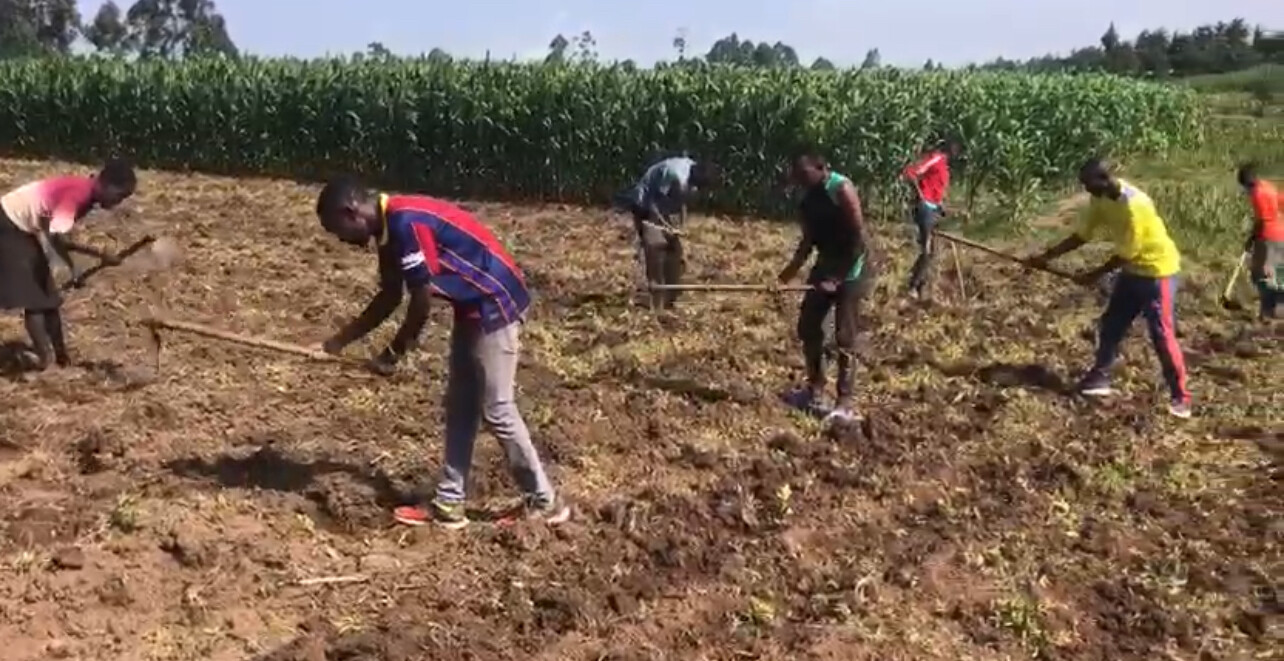
For partnership opportunities or more information, contact Bob Anderson on WhatsApp: +1-650-400-6643
by Brigid Chebet with Boris Baron
Login to leave a comment
KATA to Launch Eight New Running Camps and Potato Farms Across Kenya by October
Bob Anderson, the visionary founder of KATA (Kenyan Athletics Training Academy) and long-time champion of Kenyan running, and lifetime runner, has announced a bold expansion plan: eight new KATA Running Camps and Potato Farms will open across Kenya by October 1, 2025.
“We want to confirm our next eight camps by August 15,” says Bob Anderson, KATA Director and Founder.
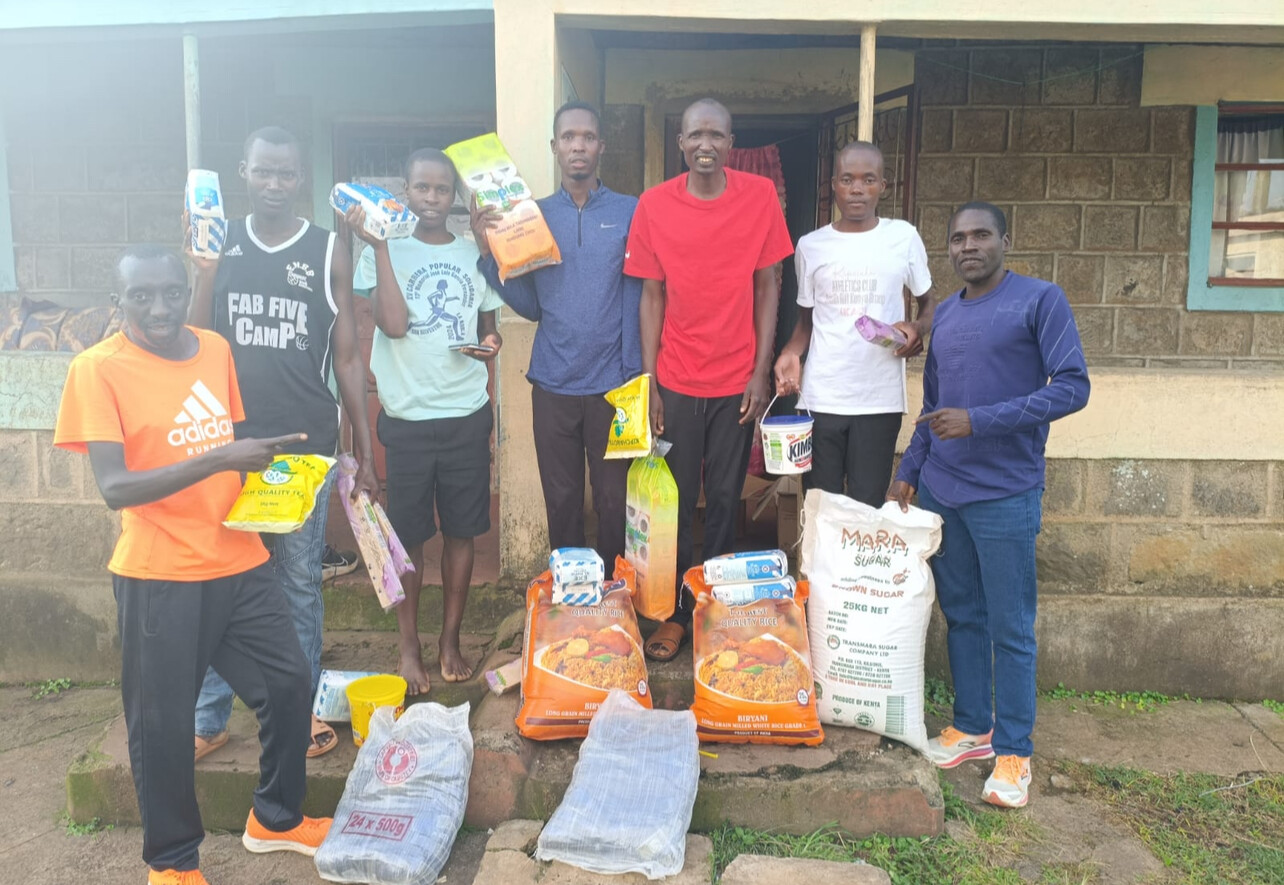
Each new site will combine high-performance athlete training with sustainable agriculture, centering around a 3-acre KATA Potato Farm. The initiative aims to create self-sustaining camps where runners not only train at a high level but also contribute to the farm operations that help support the entire program.
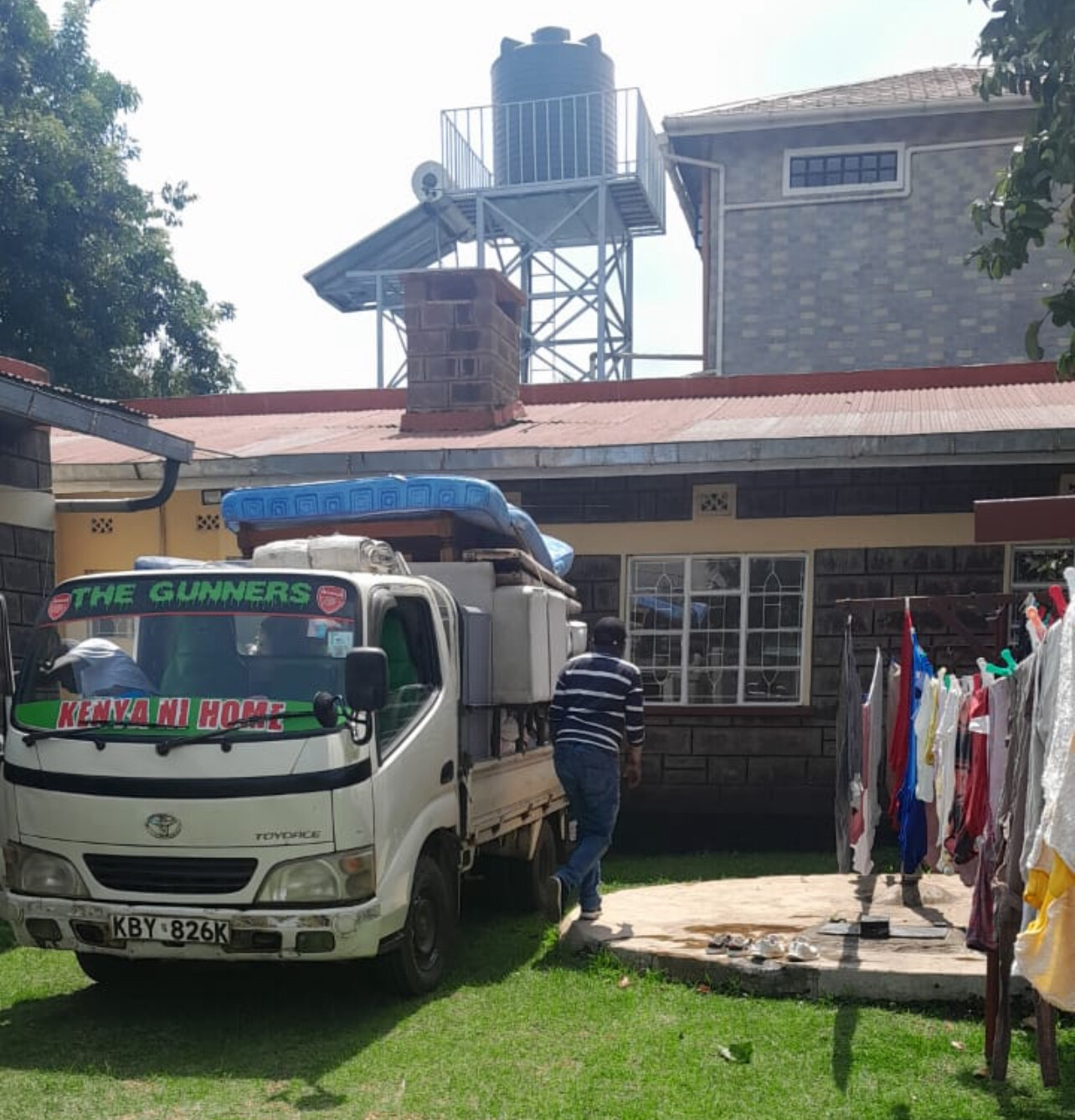
At the heart of every KATA Running Camp is a dedicated operator—often a former elite athlete or experienced coach—who oversees day-to-day operations and athlete development. Our operators are more than just managers; they are mentors, motivators, and community builders. Each operator is carefully selected for their deep understanding of training at altitude, their passion for helping athletes succeed, and their ability to lead with integrity. Many of them have raced at the international level or coached athletes to major victories, bringing invaluable knowledge to the camps. Whether it’s organizing daily workouts, managing food and lodging, or fostering a winning culture, our KATA Running Camp operators are the backbone of our success.
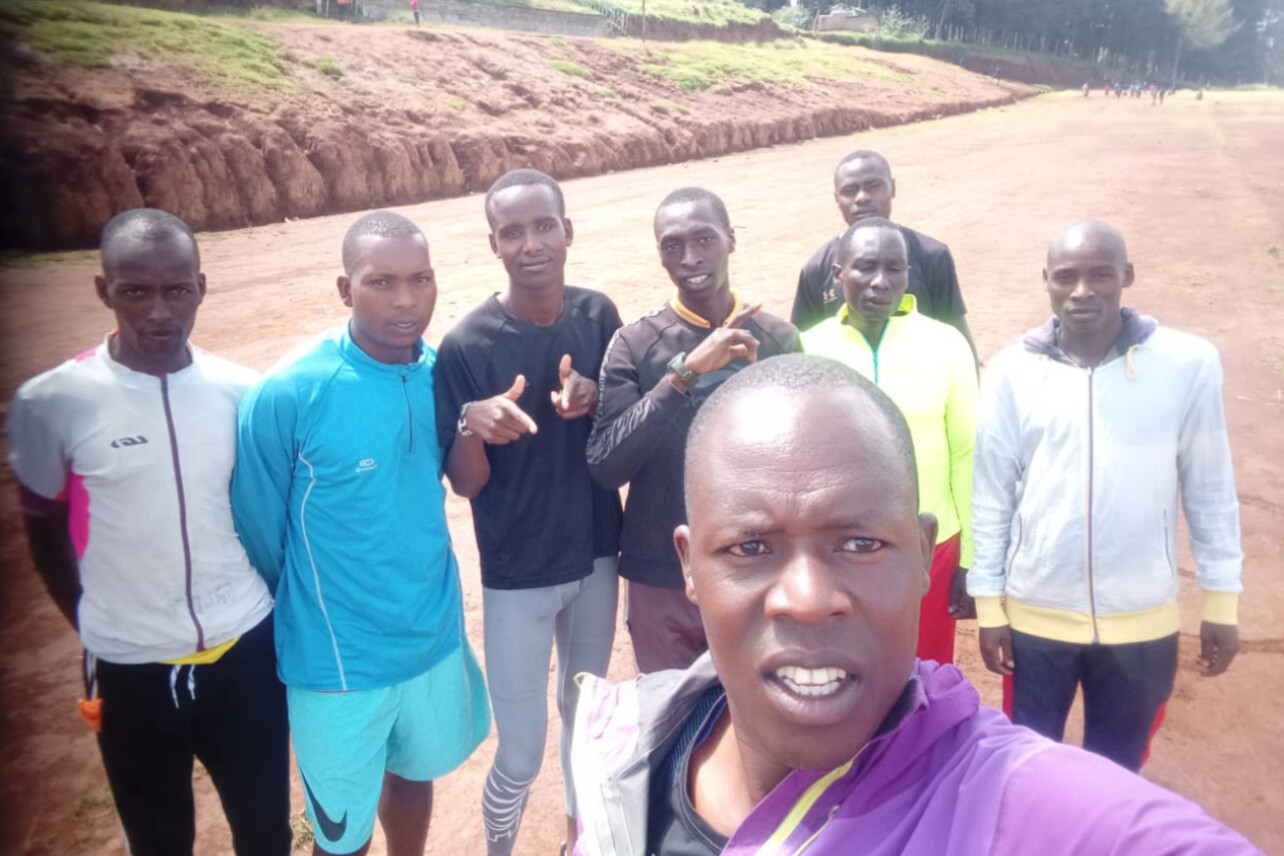
Currently, KATA Running Camps are thriving across Kenya under the leadership of 11 outstanding operators. In Kapcherop, Philemon Kipruto manages a vibrant group of emerging athletes. Eric Chepkwony runs our camp in Molo, and Sammy Dismas leads the program in Kurenget.
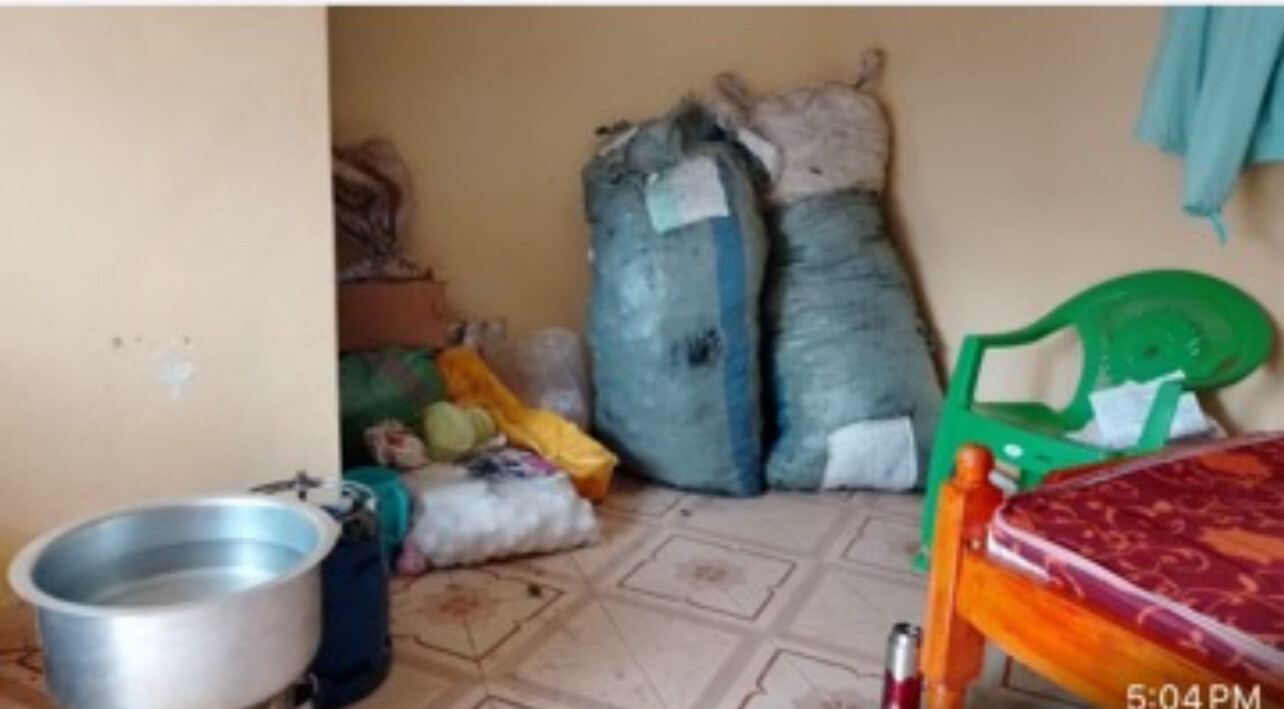
Over in Nyandarua, Peter Njoroge is building a strong training culture, while Edwin Soi, Olympic bronze medalist, brings elite-level experience to our Kericho camp. Paul Kipsiele Koech, an iiOlympic medalist, leads not one but two camps—Sotik and Njerian Bomet—where he shares his wealth of knowledge and competitive insight. In Sachangwan, experienced coach Amos Chirchir oversees daily operations and athlete growth, while in the legendary running hub of Iten, former elite runner David Kellum provides mentorship and structure.
David Kirui heads up the team in Tenden, and in Eldoret, Ruth Chumo—a respected coach of both abled and para-athletes—brings technical excellence and inclusivity to her camp. Rounding out our leadership team is Charles Ngeno, who directs the Olenguruone camp and plays a vital role in shaping future champions.
How the Program Works:
Each selected operator will receive:
•An interest-free loan of 350,000 KES as startup capital to establish the camp.
•An additional 300,000 KES interest-free loan to cover the costs of renting and preparing 3 acres of land, fertilizing, spraying, planting, harvesting, and selling the potatoes.
The model is built on long-term sustainability: once established, revenue from the potato farm is expected to fully support each KATA Camp year-round, without additional outside funding.
Work and Training:
KATA athletes must commit to:
•25 hours of farm work per week, in addition to their structured training schedules.
This balance of physical labor and elite coaching is designed to build discipline, character, and community resilience—while helping runners achieve their full athletic potential.
The KATA Running Camps and KATA Potato Farms are headquartered at the Anderson Manor of Portugal, home to the KATA Running Retreat, located in Monforte da Beira in central Portugal. This historic and beautiful estate serves as the ideal European base for KATA. Athletes come here to sharpen their fitness and prepare for peak performances, whether they’re targeting personal bests or major competitions.
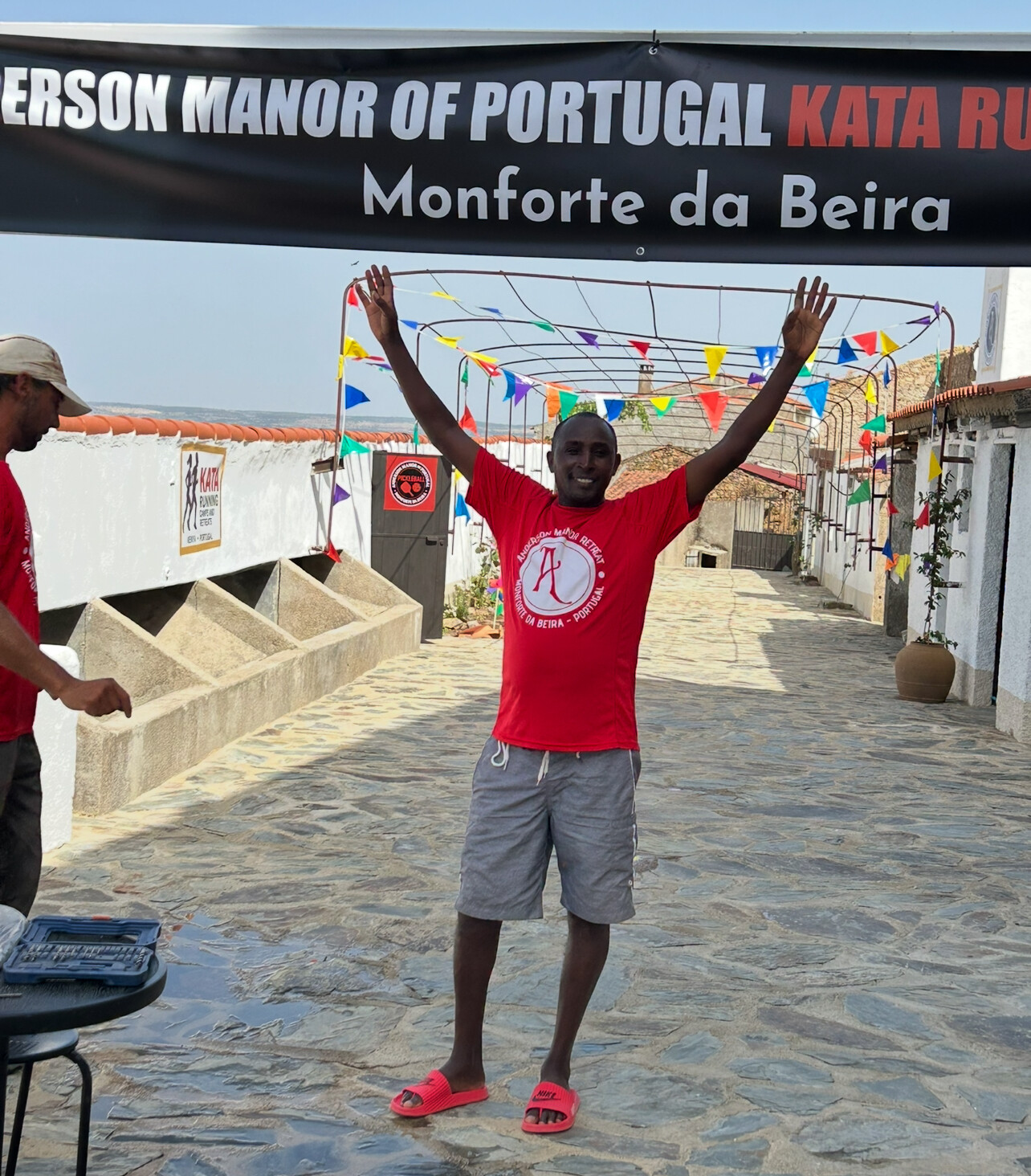
The location is perfect for training—quiet, scenic, and inspiring—and it’s conveniently positioned just 2.5 hours from Lisbon and about 4 hours from Madrid by car. KATA also maintains a local office in Thika, Kenya—site of the original KATA Running Retreat opened in 2019—which supports the growing network of KATA camps across the country.
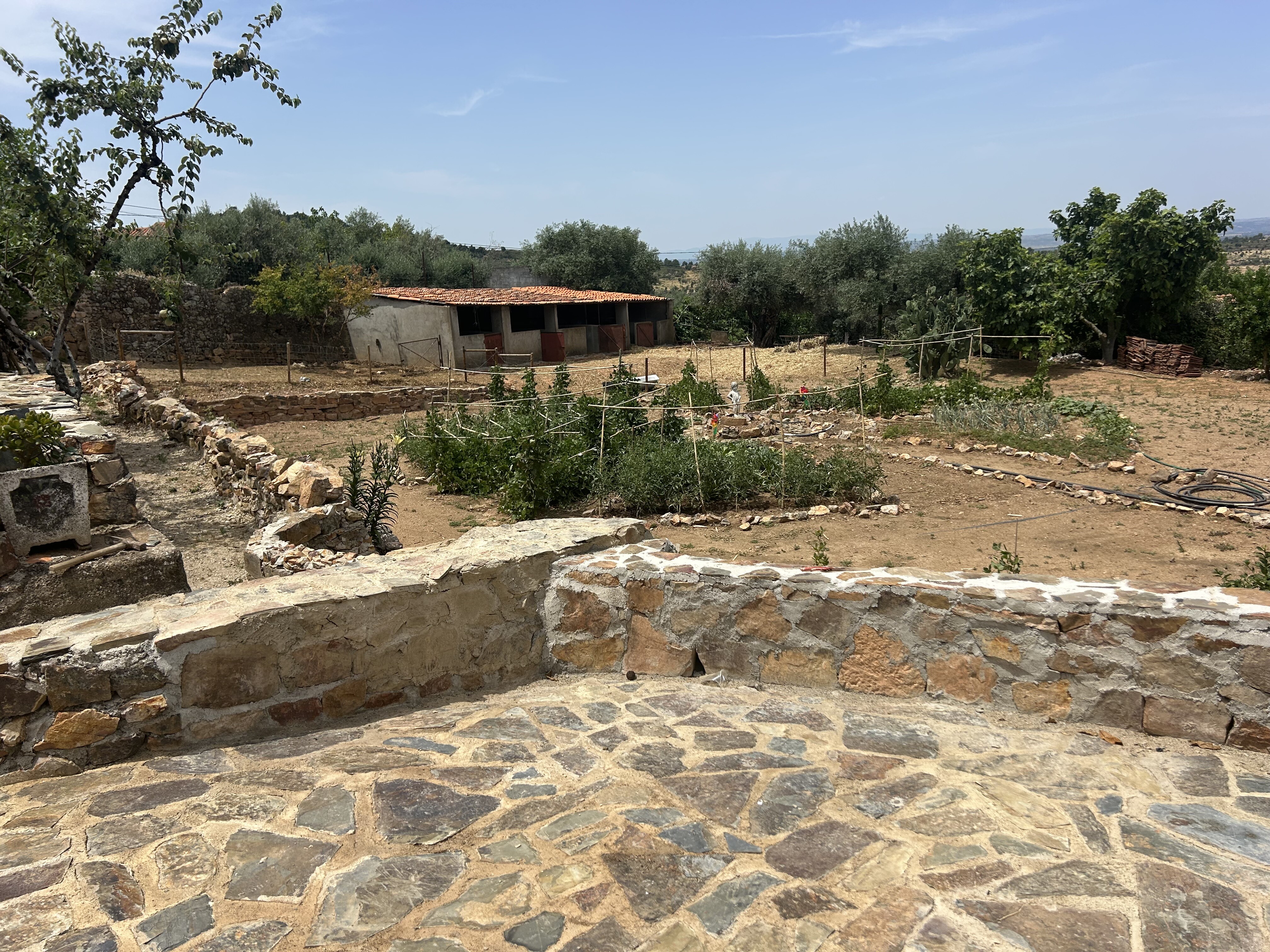
Interested in Becoming a KATA Camp Operator?
If you’re passionate about athletics, have experience in farming or business management, and want to make a lasting difference in your community, this could be your opportunity.
Contact Bob Anderson directly on WhatsApp (650-400-6643) to apply (text only at this point):
Please include:
•Your full name
•The town where you’d like to establish a KATA camp
•Your background in running, coaching, or athletics
•Experience running a business
•Any potato or farming experience you have
This is more than a training camp. It’s a movement to empower Kenyan runners through purpose, performance, and sustainable agriculture.
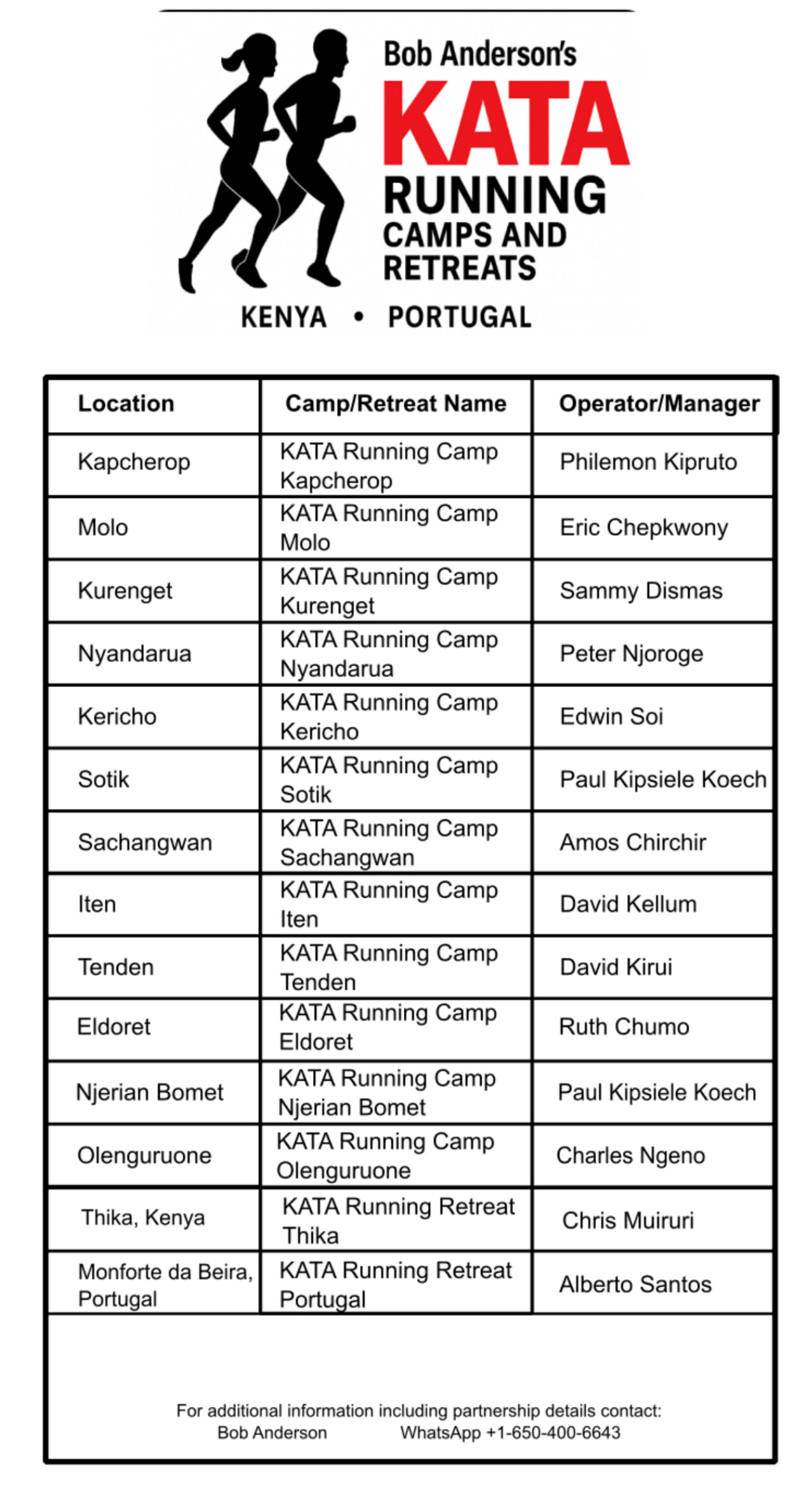
by Boris Baron
Login to leave a comment
Support Athletes. Uplift Communities. Help Shape the Future of Kenyan Running
.For decades, Bob Anderson—founder of Runner’s World and a lifelong champion of distance running—has believed in the transformative power of athletics. In 2019, inspired by visits to Kenya dating back to 1987, he launched the Kenyan Athletics Training Academy (KATA) in Thika to give promising athletes the opportunity to rise. In 2024, Anderson expanded the vision internationally, opening a second training retreat in Portugal.
Until now, every KATA camp and retreat has been fully funded by Bob himself. But as momentum builds, he’s extending an invitation: become a KATA Partner and help expand this game-changing model—while earning a meaningful return on your investment.
“We’ve proven the model works,” says Anderson. “Now we want visionary partners to help take KATA to the next level. This isn’t charity—it’s an investment in performance, purpose, and people.”
What Is the KATA Partner Program?
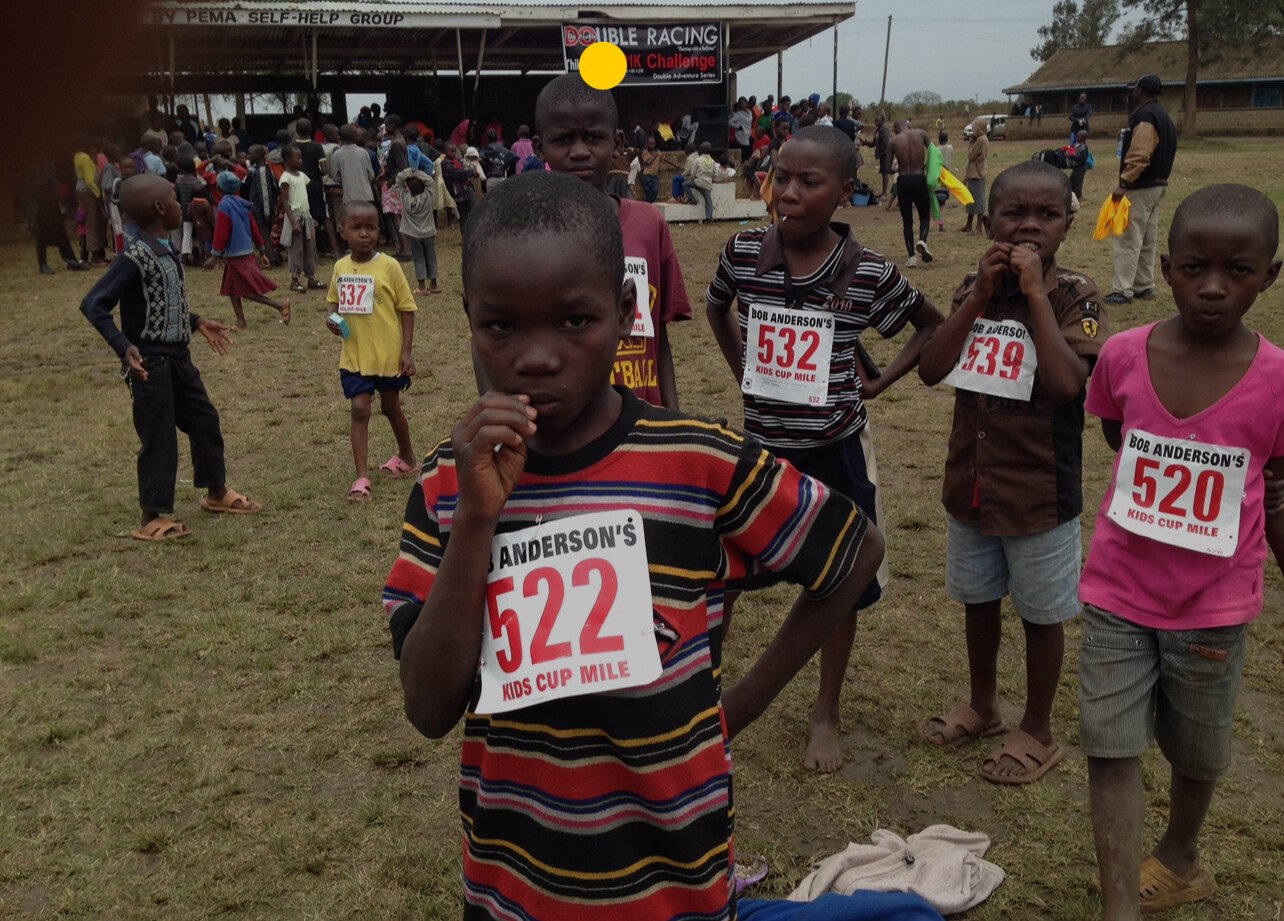
The KATA Partner Program offers a ground-floor opportunity to support elite athlete development and rural progress through a unique model that combines world-class coaching with sustainable agriculture.

Each KATA Running Camp is paired with a three-acre KATA Potato Farm. Athletes live, train, and work part-time on the farm—25 hours per week—in exchange for full room and board plus expert coaching. In return, they contribute 15% of any prize money they earn back to their camp. The rest is theirs to keep.
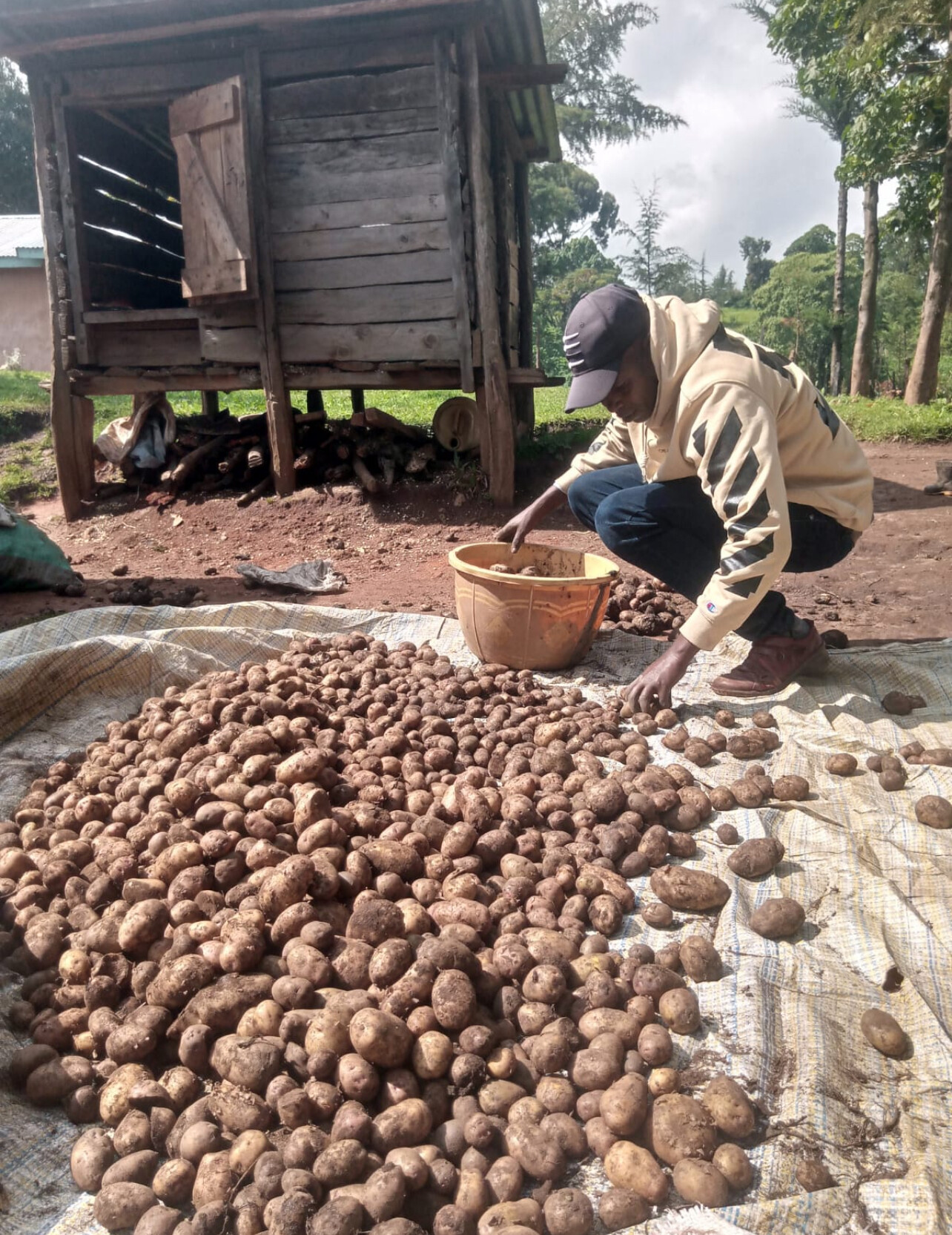
As a KATA Partner, you help fund and launch a new camp. In return, you:
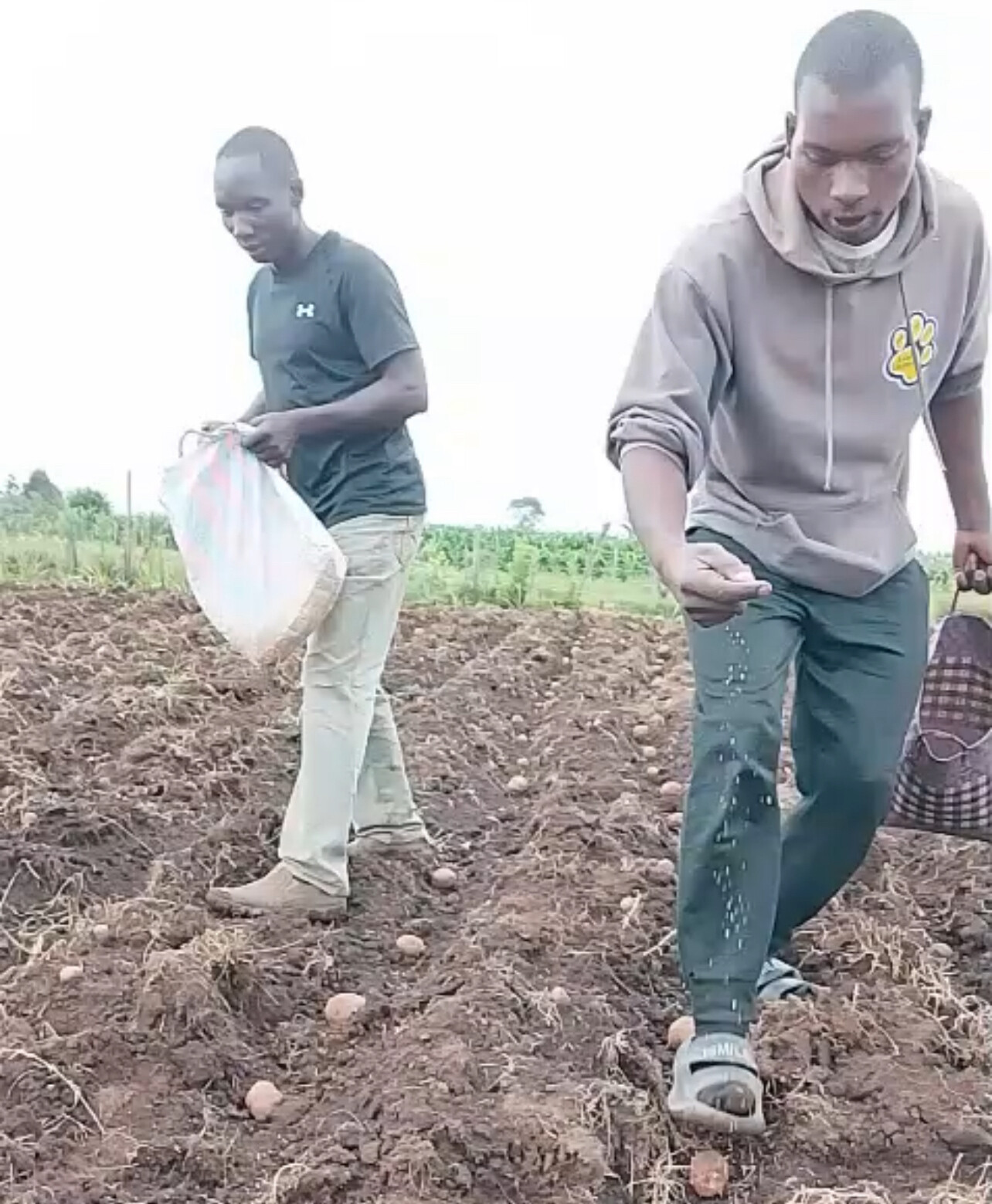
• Earn a share of revenue from potato farm sales and athlete prize winnings
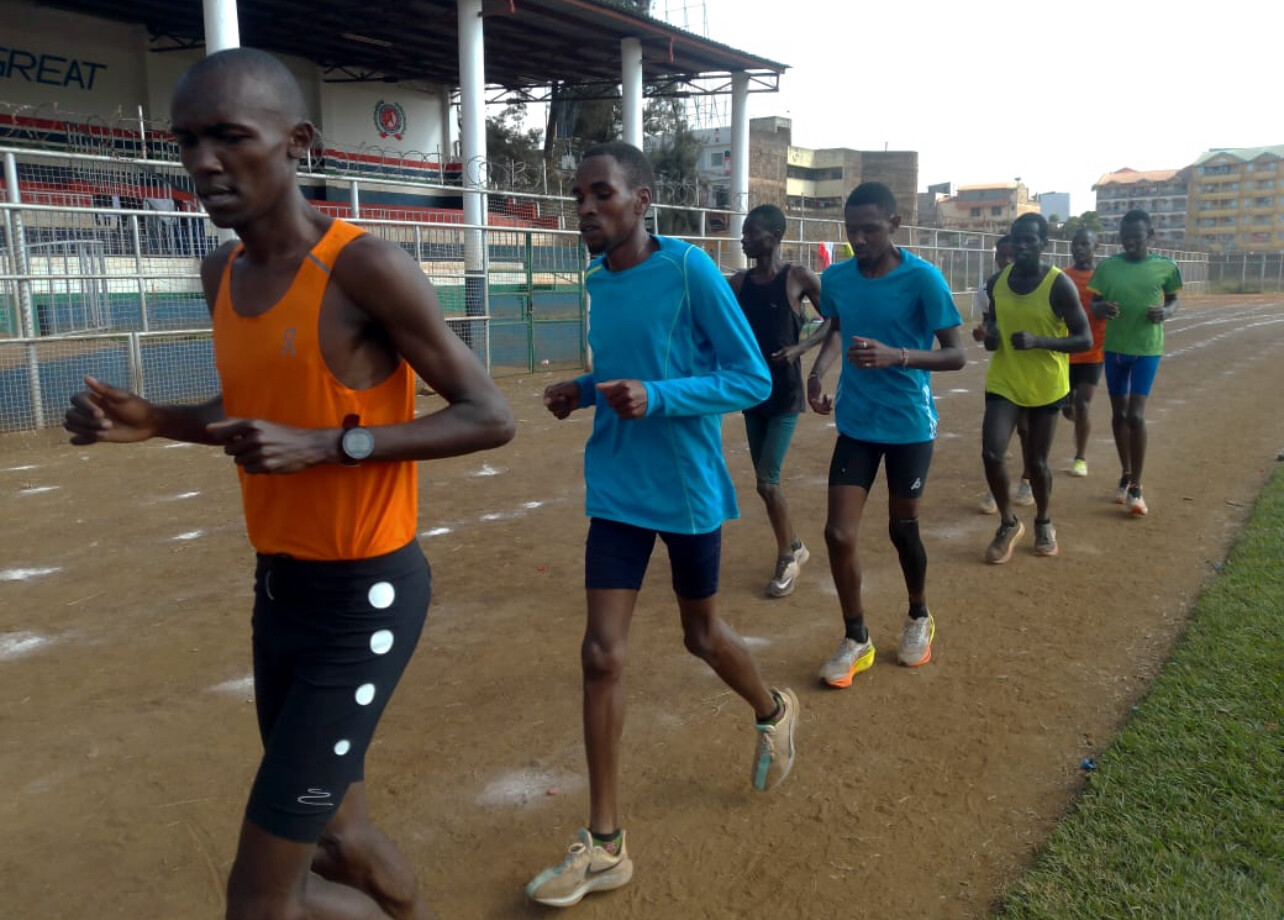
• Gain naming rights to the camp (e.g., [Your Name or Organization Name] KATA Running Camp)
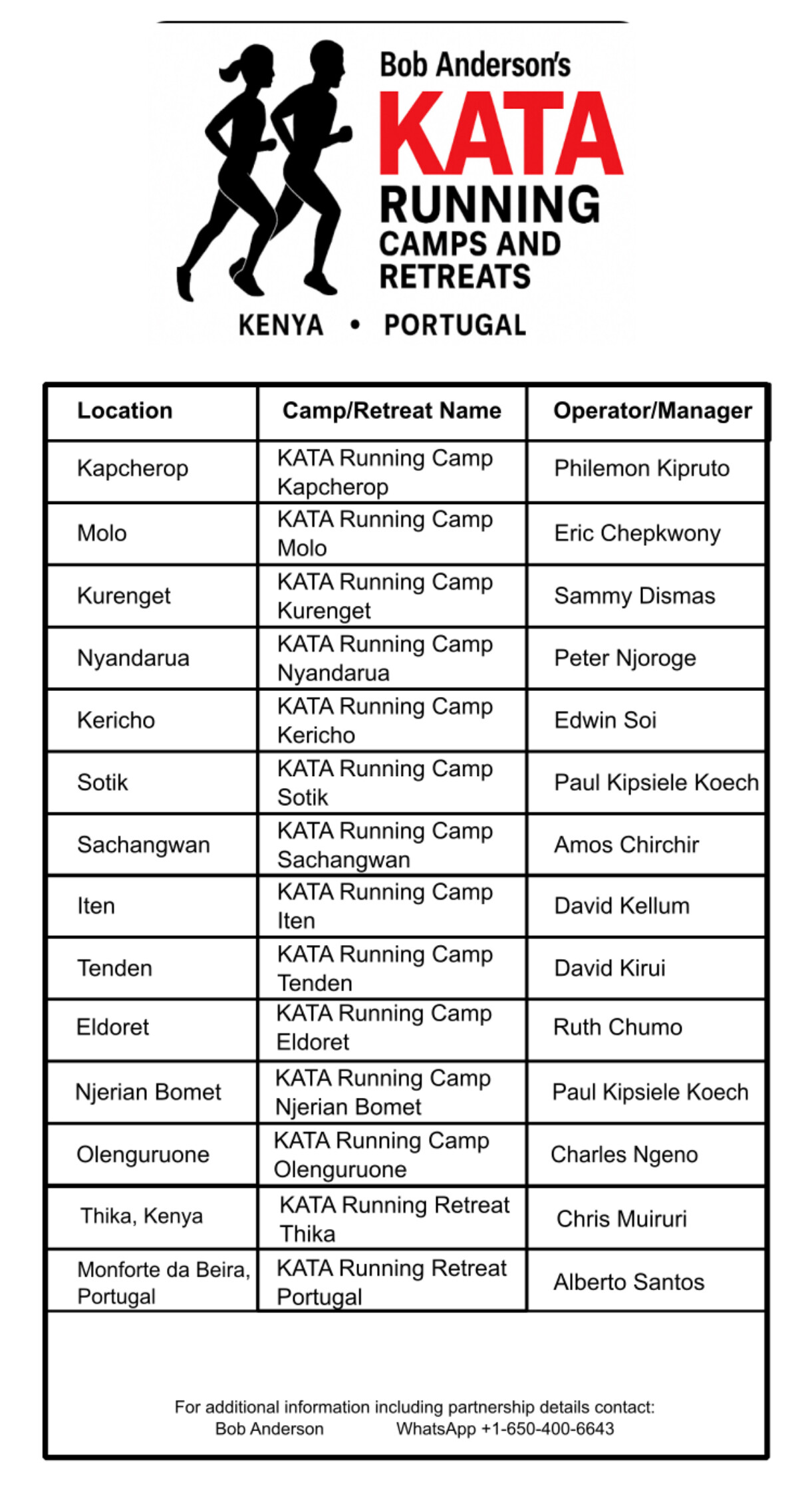
• Empower athletes and uplift local communities through long-term partnership
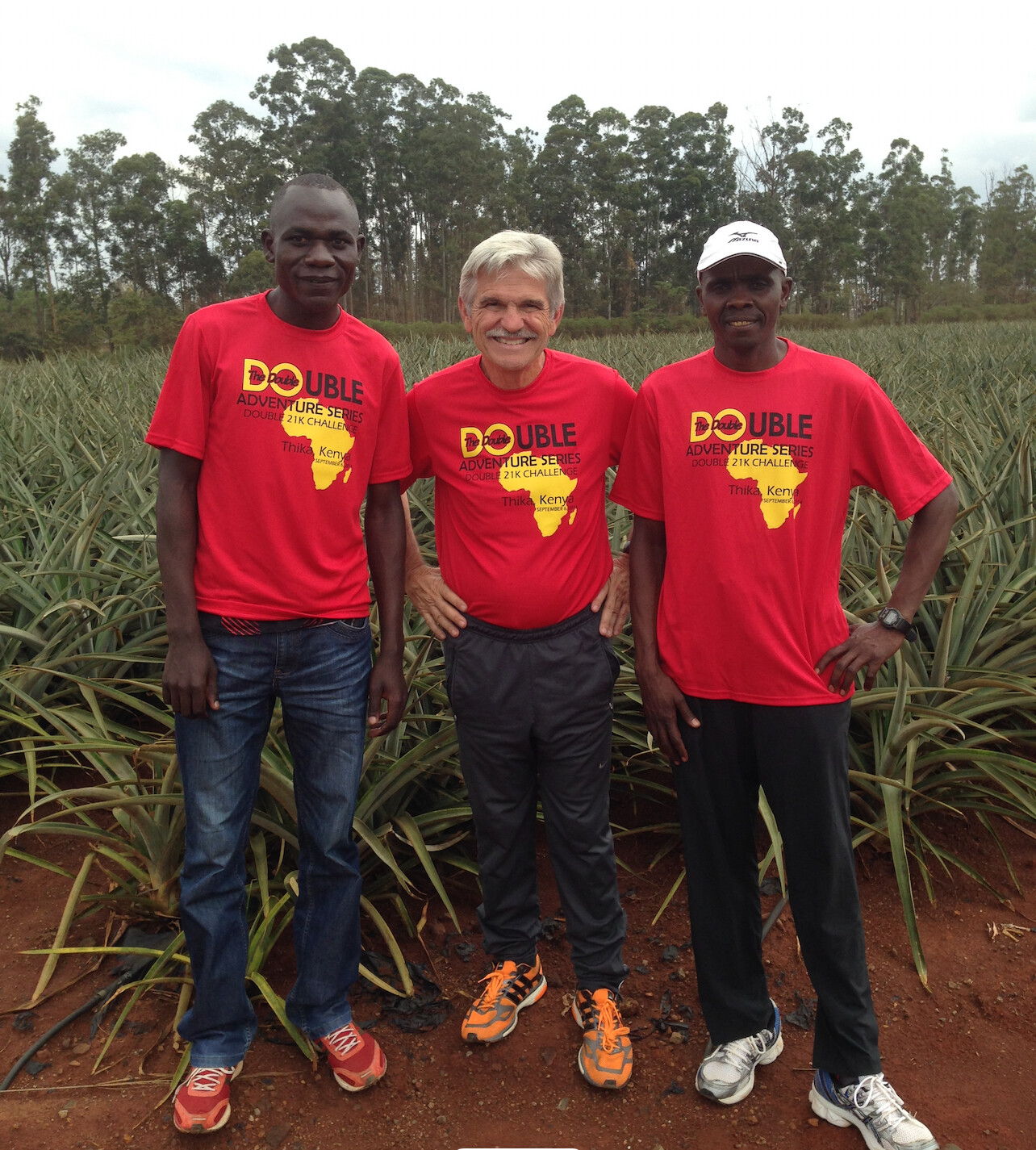
Two Pathways to Partnership
International Partner Program
• One-time KATA membership fee: $5,000 USD in 2025
• Fee increases to $6,500 USD starting January 1, 2026
• Annual dues: $1,000 USD (starting year two)
• Share of revenue:
• 15% of potato farm revenue
• 15% of athlete prize money
Kenyan National Partner Program
• One-time KATA membership fee: KES 900,000
• Annual dues: KES 50,000 (starting year two)
• Each additional acre: KES 100,000 (plus KES 25,000 in annual dues)
• Share of revenue:
• 10% of potato farm revenue
• 10% of athlete prize money
This is not a donation—it’s a purpose-driven investment with a guaranteed revenue share. You’re helping athletes succeed and communities thrive, while building your own legacy.
KATA Handles Everything
Whether you want to be hands-on or prefer a passive role, KATA takes care of:
• Finding and securing land and housing
• Recruiting qualified operators (often Olympic medalists and elite coaches)
• Setting up the farm and camp
• Managing all agricultural operations and logistics
Current camps are operated by respected figures like Olympic medalists Paul Kipsiele Koech and Edwin Soi, coaching veterans such as Charles Ngeno, and long-time team members like Elam Wangerwo, who has worked with KATA since 2014.
Why It Matters
This program isn’t just about running—it’s about changing lives. KATA gives talented young runners the platform to pursue greatness while bringing food security and economic opportunity to rural Kenya.
“If you’ve ever wanted to be part of something that matters—something that delivers both impact and return—this is your moment,” says Anderson.
Join the KATA Movement
To learn more or become a KATA Partner, contact:
Bob Anderson via WhatsApp: +1 (650) 400-6643
The next great Kenyan runner is already out there. Let’s make sure they have a place to grow—on the track and in their community.
by Bob Anderson
Login to leave a comment
KATA Running Camps Expand to 10 Locations in Kenya with Ruth Chumo Leading New Site in Eldoret
The Kenyan Athletics Training Academy (KATA) has reached a major milestone with the launch of its 10th KATA Running Camp, as the movement continues to grow rapidly across Kenya. This bold initiative, which blends elite athletic training with sustainable agriculture, is transforming the future of distance running.
The two newest camps are now confirmed:
• KATA Camp 9 in Kamoi, led by coach David Kirui
• KATA Camp 10 in Eldoret, operated by Coach Ruth Chumo
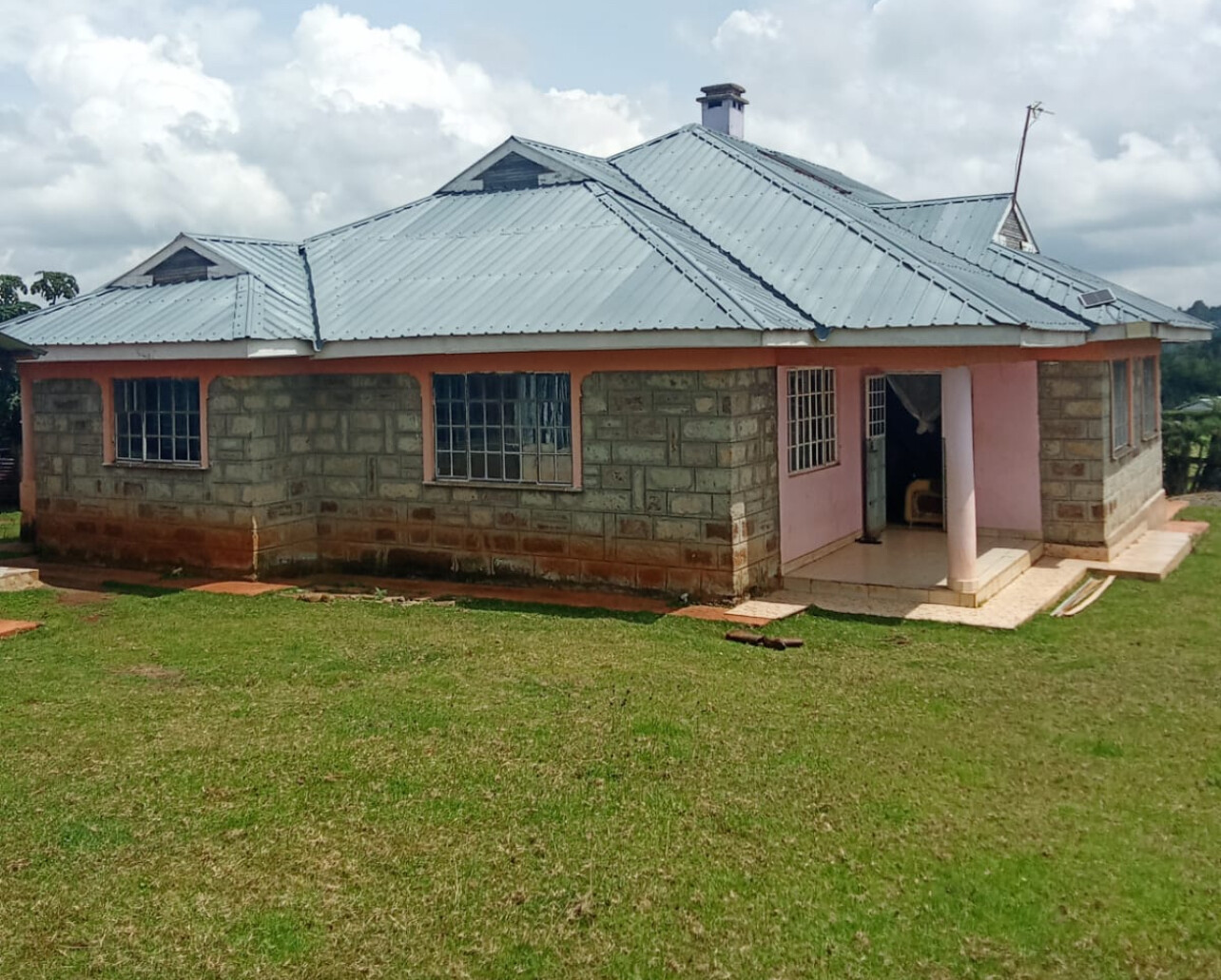
Coach Ruth Chumo brings exceptional experience to the program. Based in Eldoret—the heart of Kenyan distance running—she has built her reputation training both abled and para-athletes at the highest level. Her deep commitment to athlete development and her proven leadership make her a vital addition to the KATA family.
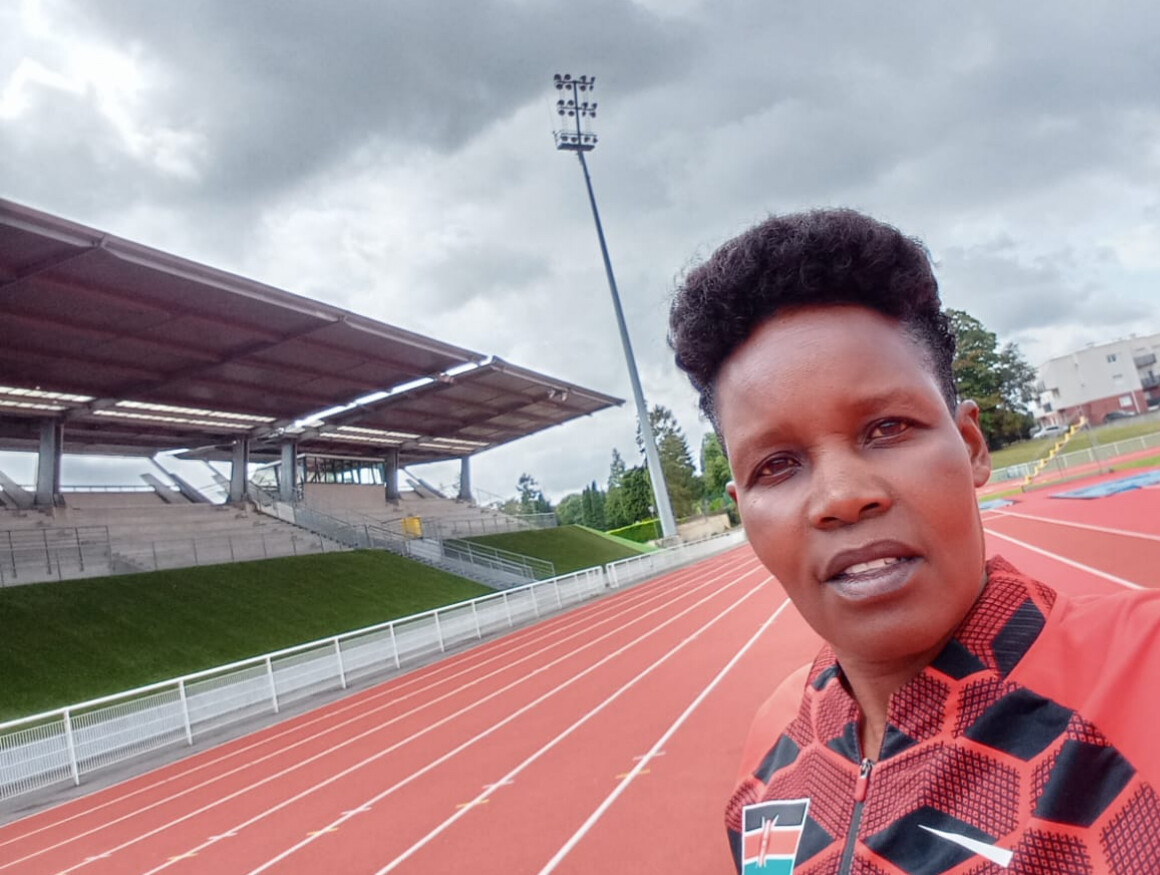
“I am so excited about the group of operators we have put together,” says KATA Director Bob Anderson, founder of Runner’s World magazine. “Each of our operators is fully committed to the program and understands the importance of our KATA Potato Farm component. This provides year-round revenue that allows us to sustain and grow. Every camp already includes top-level athletes, and we’re going to achieve big things.”
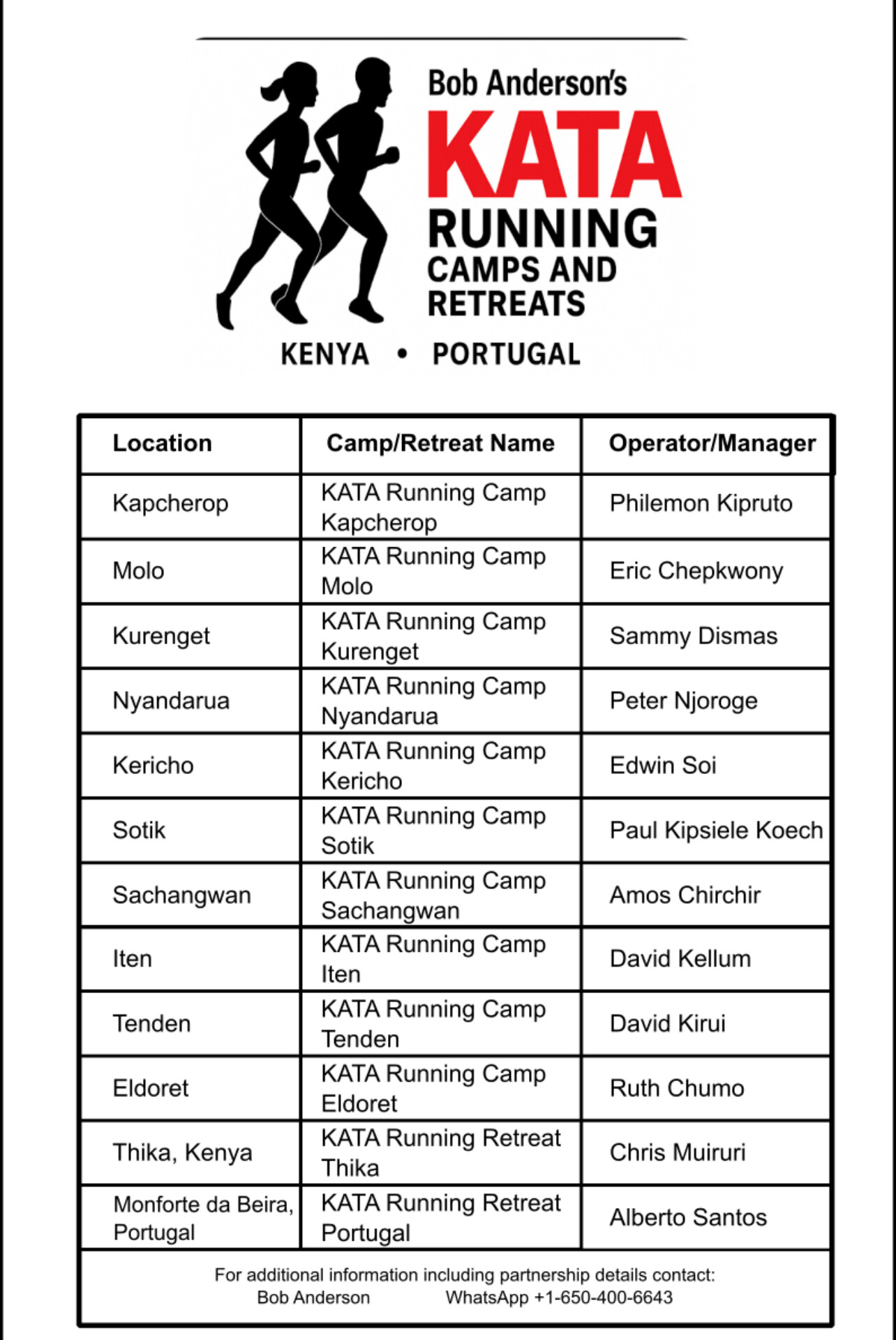
Two of the current camps have already planted their first acre of KATA potatoes, marking an important step forward in the program’s sustainability model. These three-acre farms, tied to each running camp, are a core part of the KATA mission—providing food, responsibility, and revenue that keep the entire system running year-round.
The program is also delivering results on the track. Just last weekend, Olympic bronze medalist Edwin Soi, operator of the Kericho KATA Camp, ran an astonishing 27:30 for 10,000 meters, dominating his race and sending a strong message about the level of athletes being developed within the KATA system.
KATA’s leadership includes two Olympians:
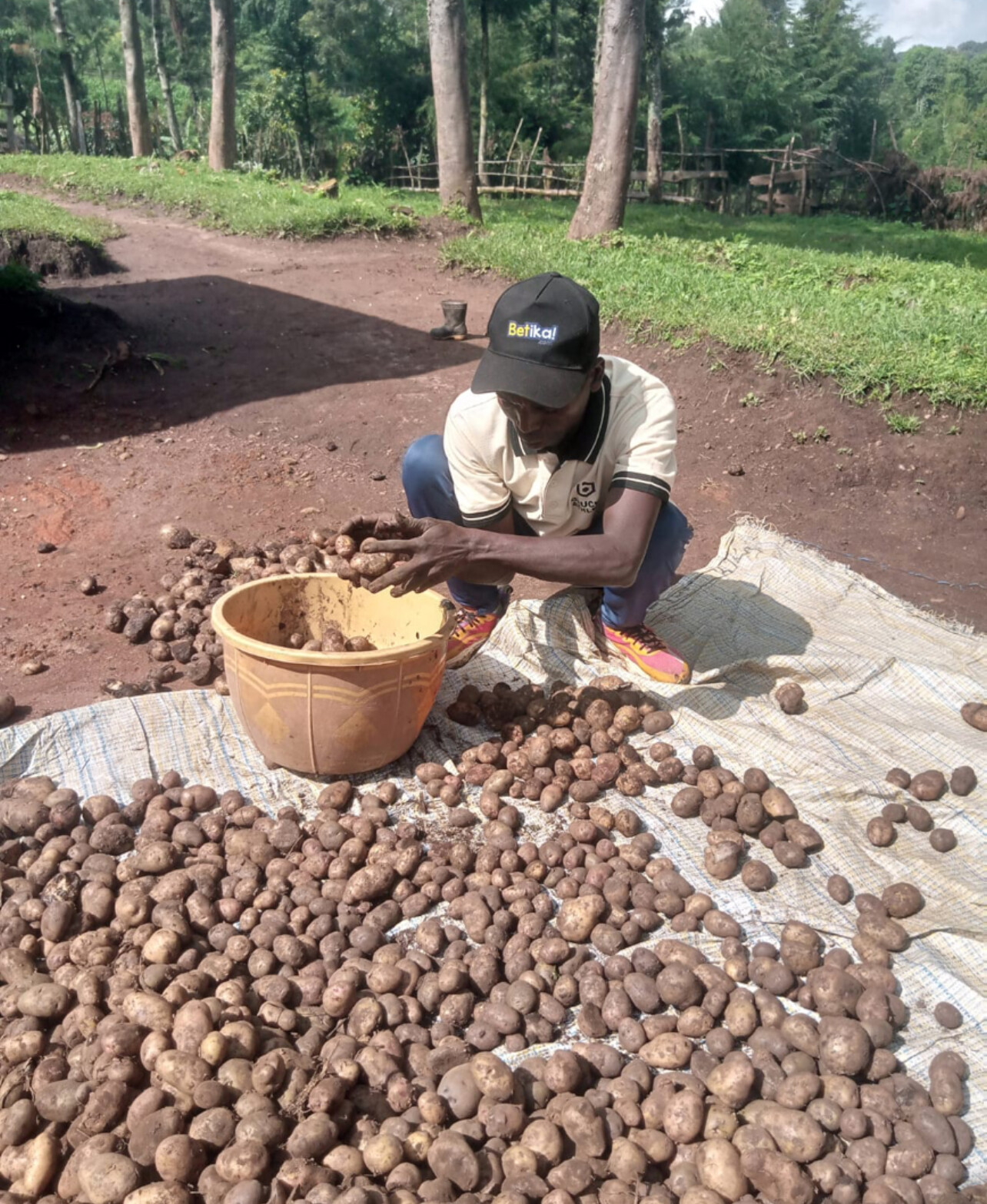
• Edwin Soi, 5000m bronze medalist from the Beijing Olympics
• Paul Kipsiele Koech, one of the most accomplished steeplechasers in history, now operating the KATA Camp in Sotik
Their presence brings unmatched experience, mentorship, and international credibility.
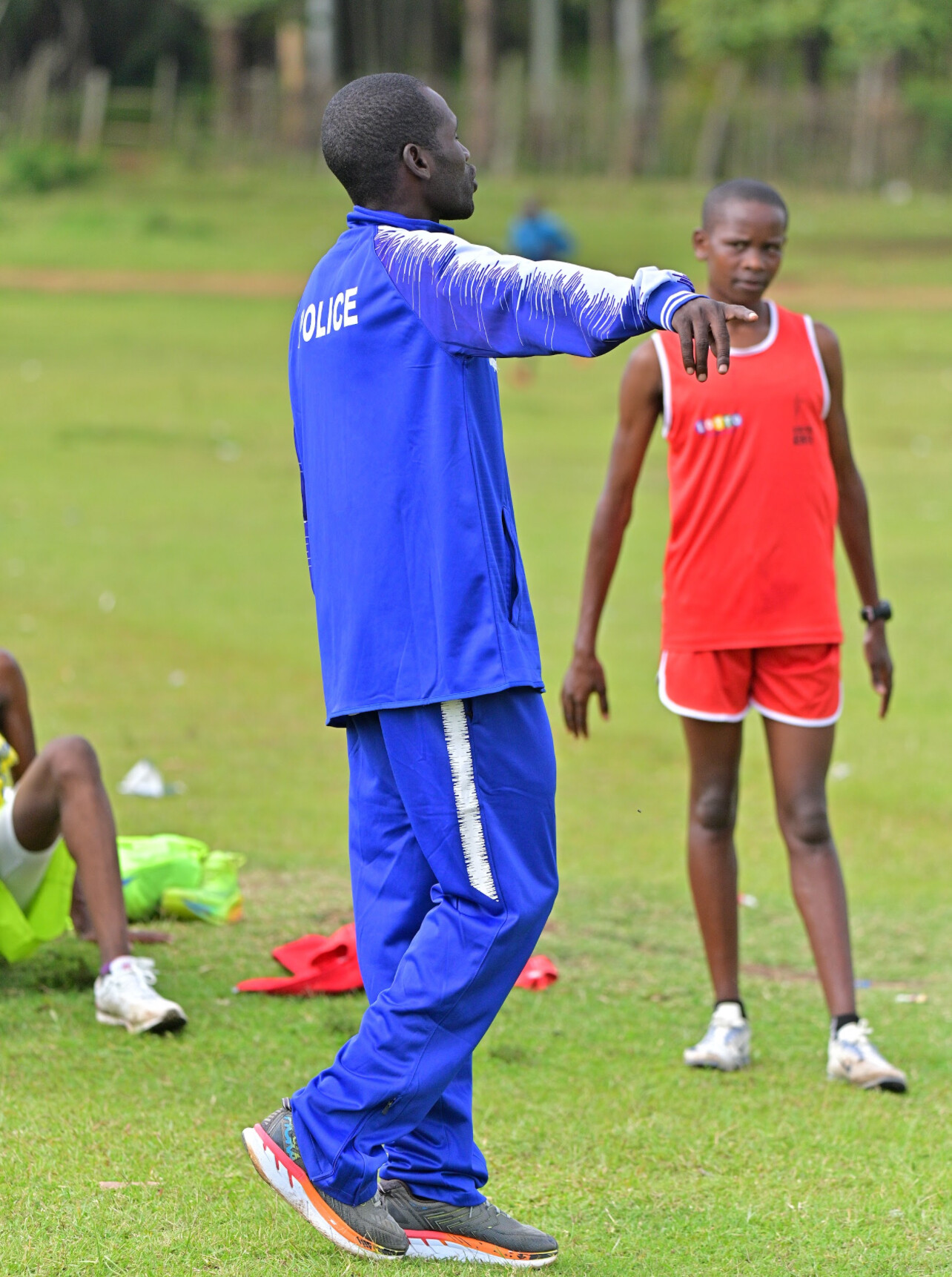
At the heart of KATA is a powerful, dual-purpose model: athletes receive world-class training while also helping manage a working farm. The result is a program that builds champions and sustains itself through community-driven agriculture.
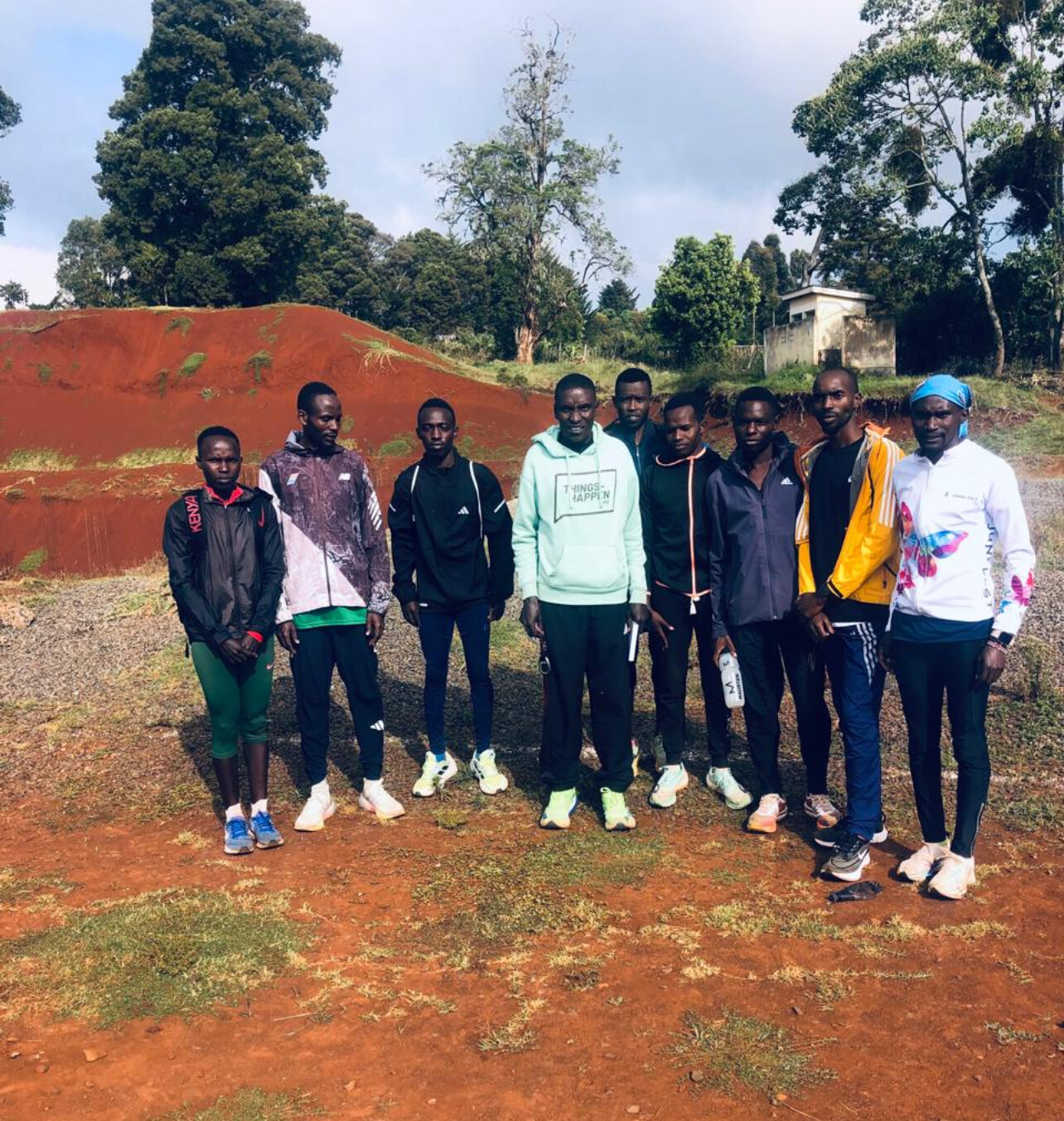
Round Two Begins October 1
The momentum is building. On October 1, KATA will launch Round Two of its program, aiming to establish 10 additional camps by November 1—doubling the total to 20.
“This is only the beginning of our aggressive, unique program,” says Anderson.
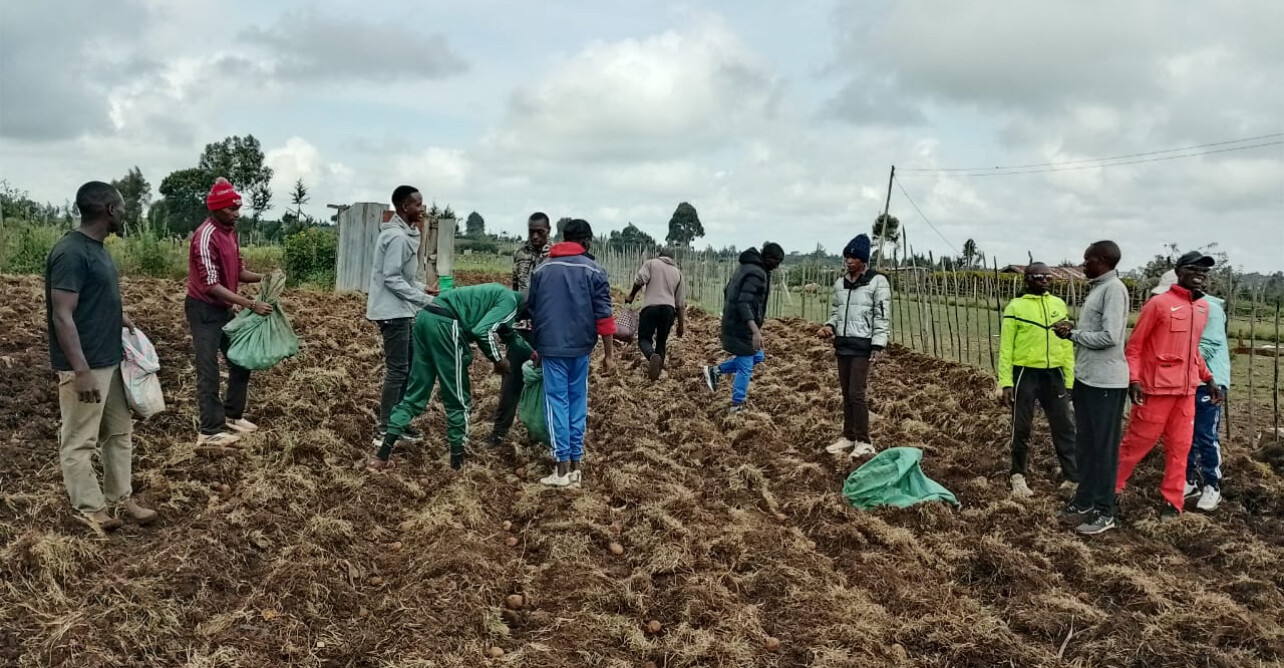
The long-term vision: 50 fully operational KATA Running Camps within three years, directly supporting nearly 1,000 elite Kenyan runners.
The KATA Partner Program
To help reach that goal, KATA is inviting select partners to be part of the movement and make a lasting impact.
Each partner:
• Can have their name on a camp. You too can now have your own training camp in Kenya under the umbrella of KATA.
• May choose to be actively involved (like coaching and selecting your own athletes) or take a passive role. (KATA will set everything up.)
• Will share in the gross revenue from the sale of KATA potatoes
• Will also participate in a percentage of prize money earned by athletes at their partnered camp
This is a rare opportunity to support a program built on performance, purpose, and sustainability—while being directly connected to the success of the next generation of Kenyan champions.
Want to get involved?
WhatsApp Bob Anderson at +1-650-400-6643 to learn how you can support or partner with KATA today.
Photos: Paul Kipsiele Koech KATA team in Sofia 2. Ruth Chumo 3. Ruth's KATA Camp outside of Eldoret 4. KATA athletes planting potatoes in Molo under the direction of camp operator Eric 5. KATA ten camps 6. KATA athletes in Iten 7. Preparing potatoes in Kapcherop 8. Paul Kipsiele Koech coaching his KATA athletes in Sotik.
by Boris Baron
Login to leave a comment
KATA Running Camps Launch a Bold New Era for Distance Running in Kenya
In a bold move to reshape the future of distance running, Bob Anderson, the legendary founder of Runner’s World and lifelong runner, has launched a groundbreaking initiative that’s taking root across Kenya. What began in 2019 with the Kenyan Athletics Training Academy (KATA) in Thika, and expanded to Portugal earlier this year, is now flourishing into a national movement—with eight KATA Running Camps already confirmed, and ten expected by July 1, plus two full-service KATA Retreats in Thika and Monforte da Beira, Portugal.
photos: 1. Edwin's KATA team reporting to his camp today in Kericho. 2. Eric's KATA in Molo will be planting their first acre of KATA potatoes tomorrow.
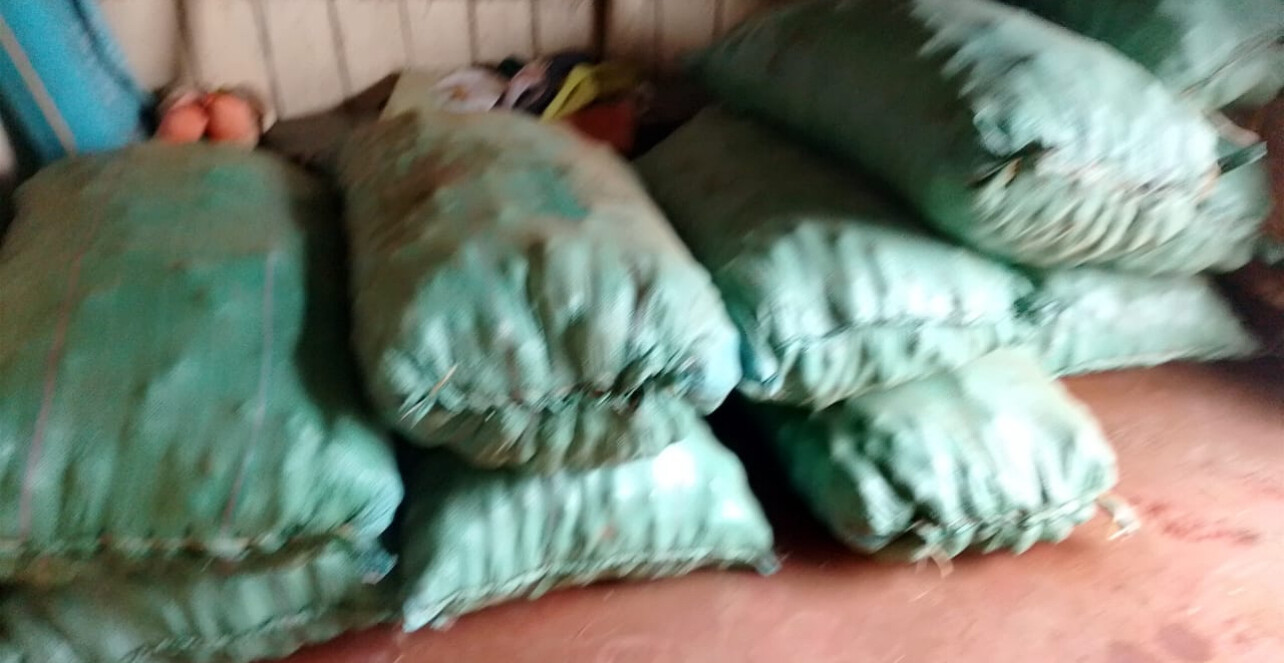
"As far as I know, there’s nothing like what we are doing,” says Bob Anderson. “My team and I believe we’re going to make a big difference in the running world. We’ll have nearly 200 KATA athletes by July. We have so much talent, and with strong leadership and support, we can help them become world-class stars
A Sustainable Model with a Powerful Vision
What sets KATA apart is its innovative self-sustaining model that combines elite athletic training with agriculture and community building.
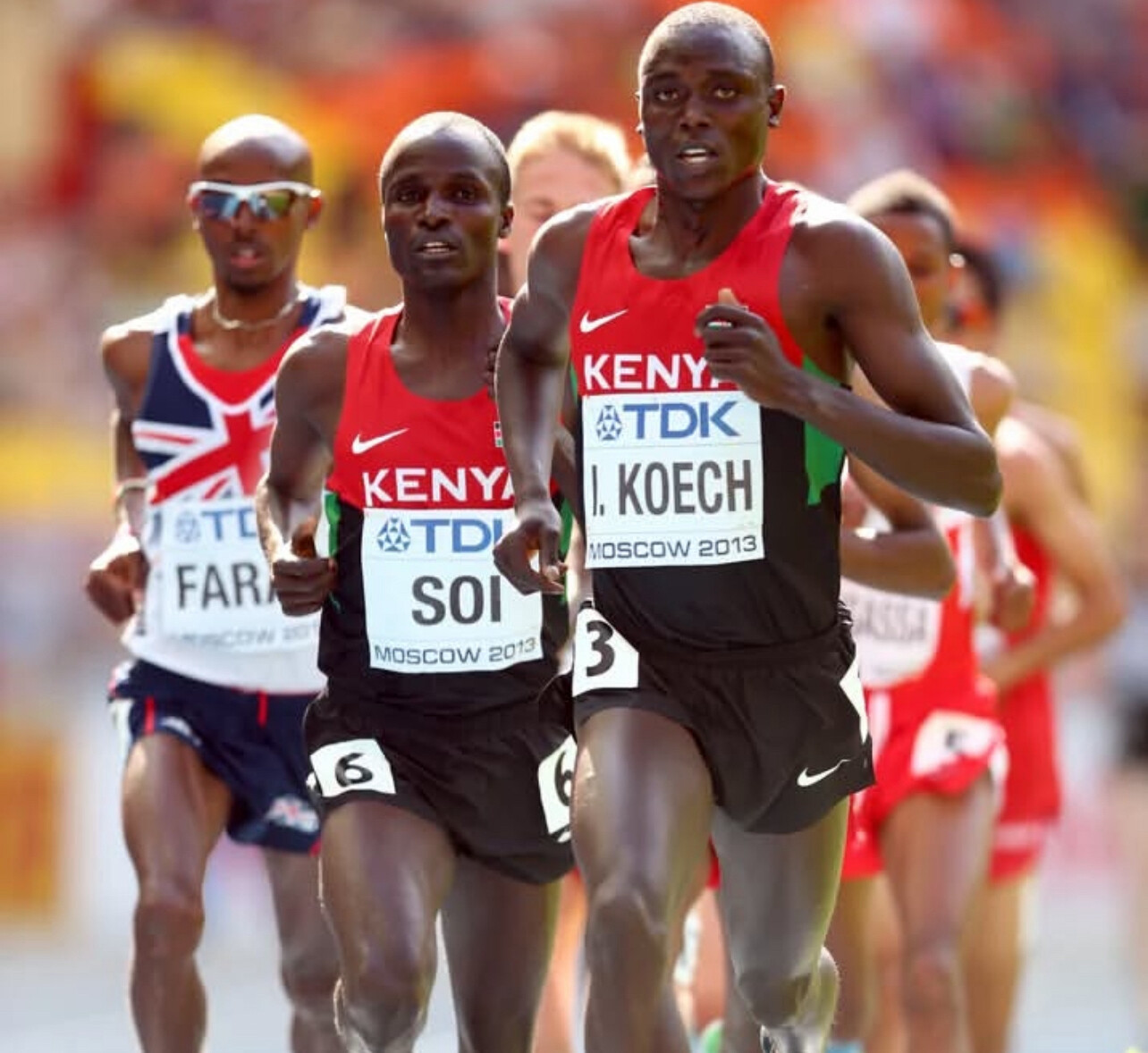
Each KATA Running Camp:
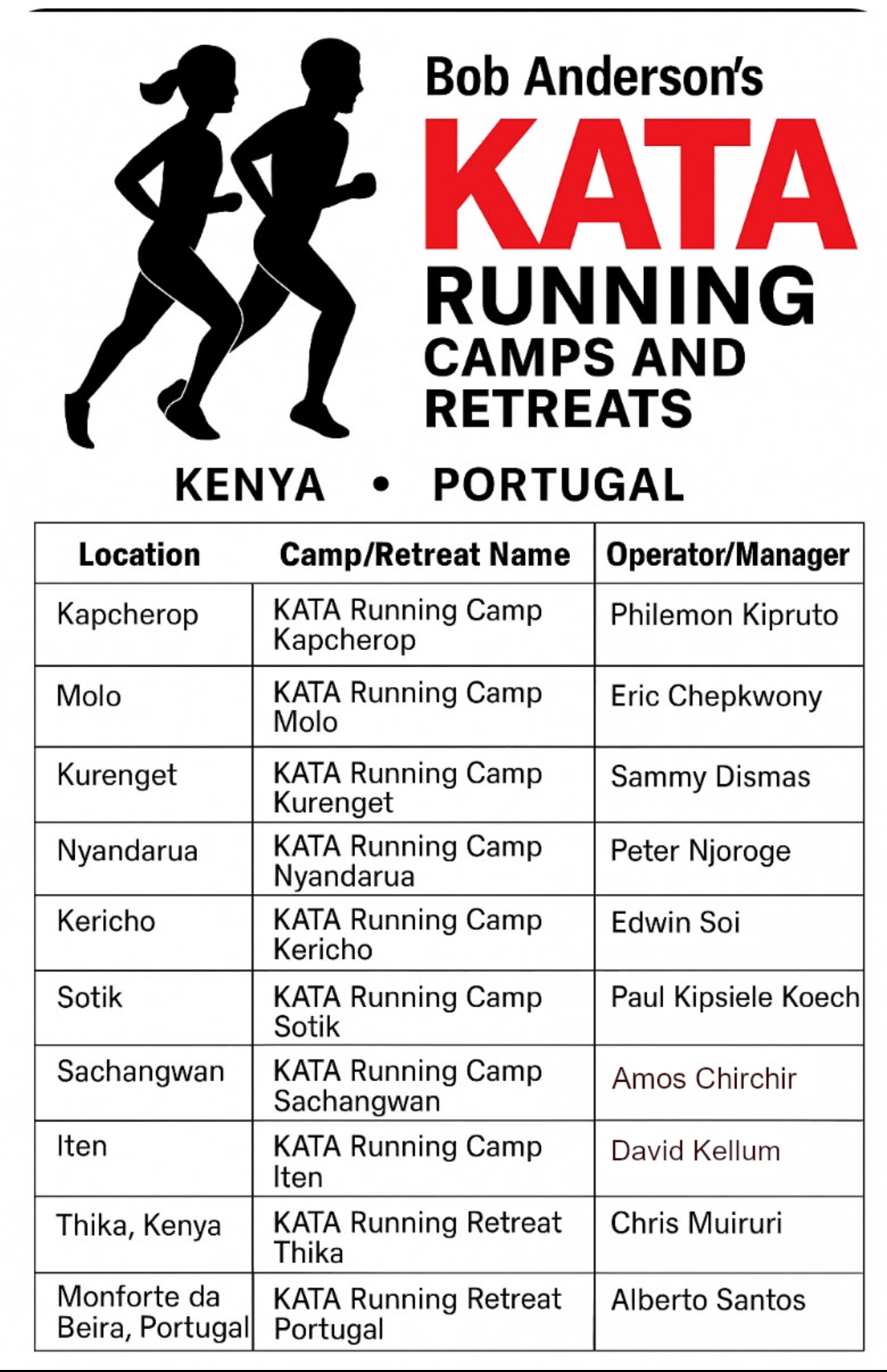
• Supports 3 acres of KATA potato farms
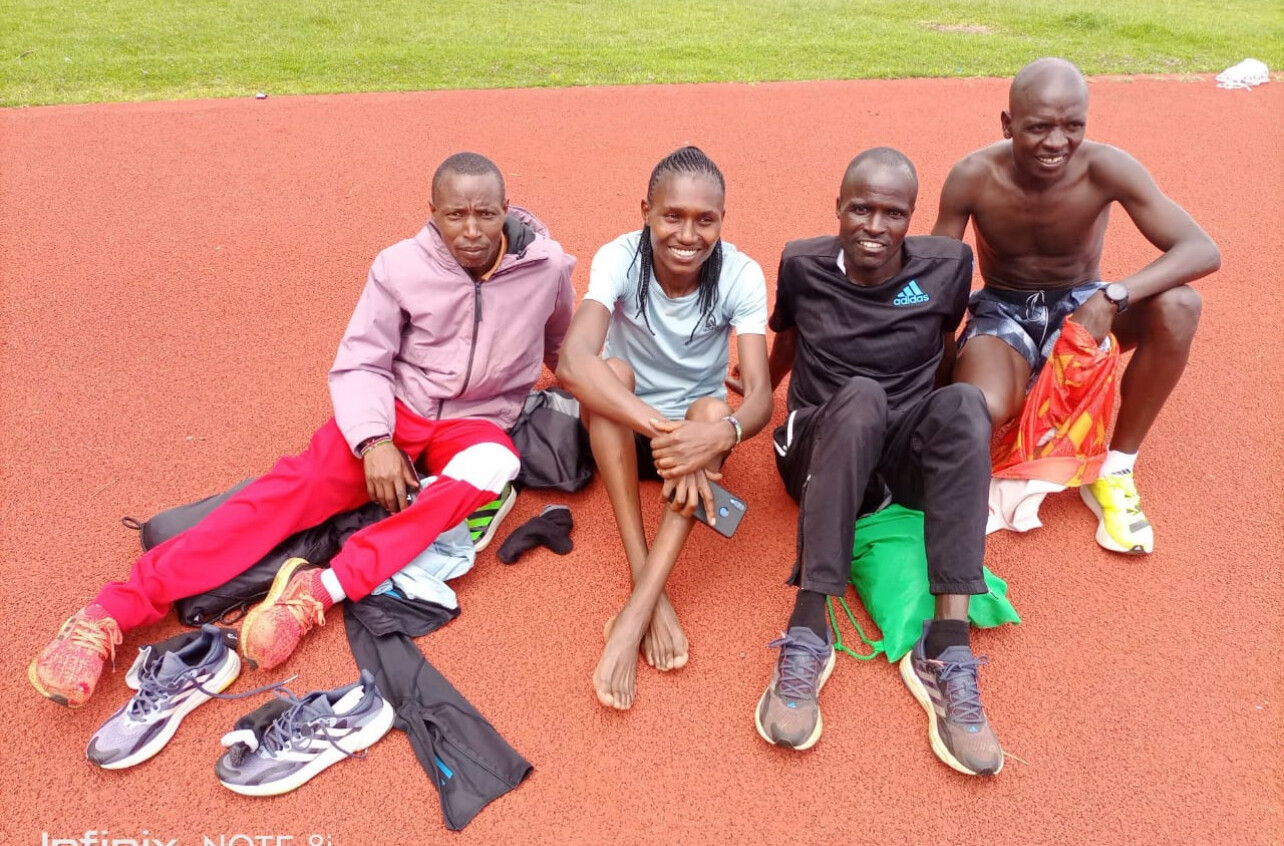
• Requires athletes to work 25 hours per week on the farm
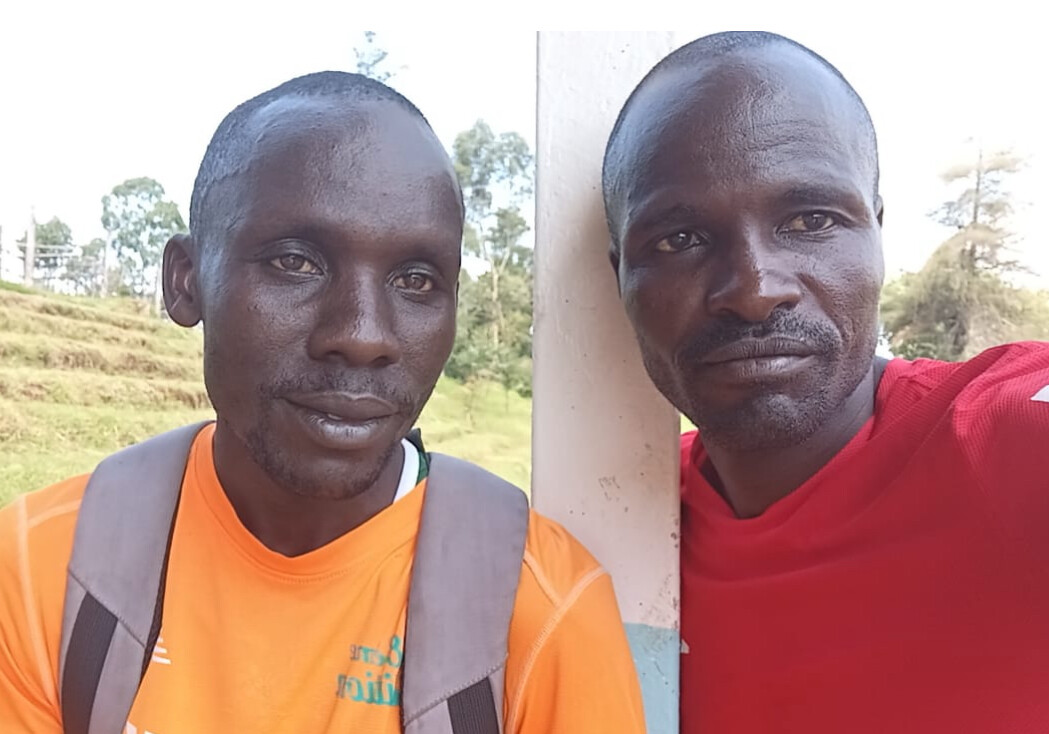
• Asks athletes to contribute 15% of any prize money earned to support their camp
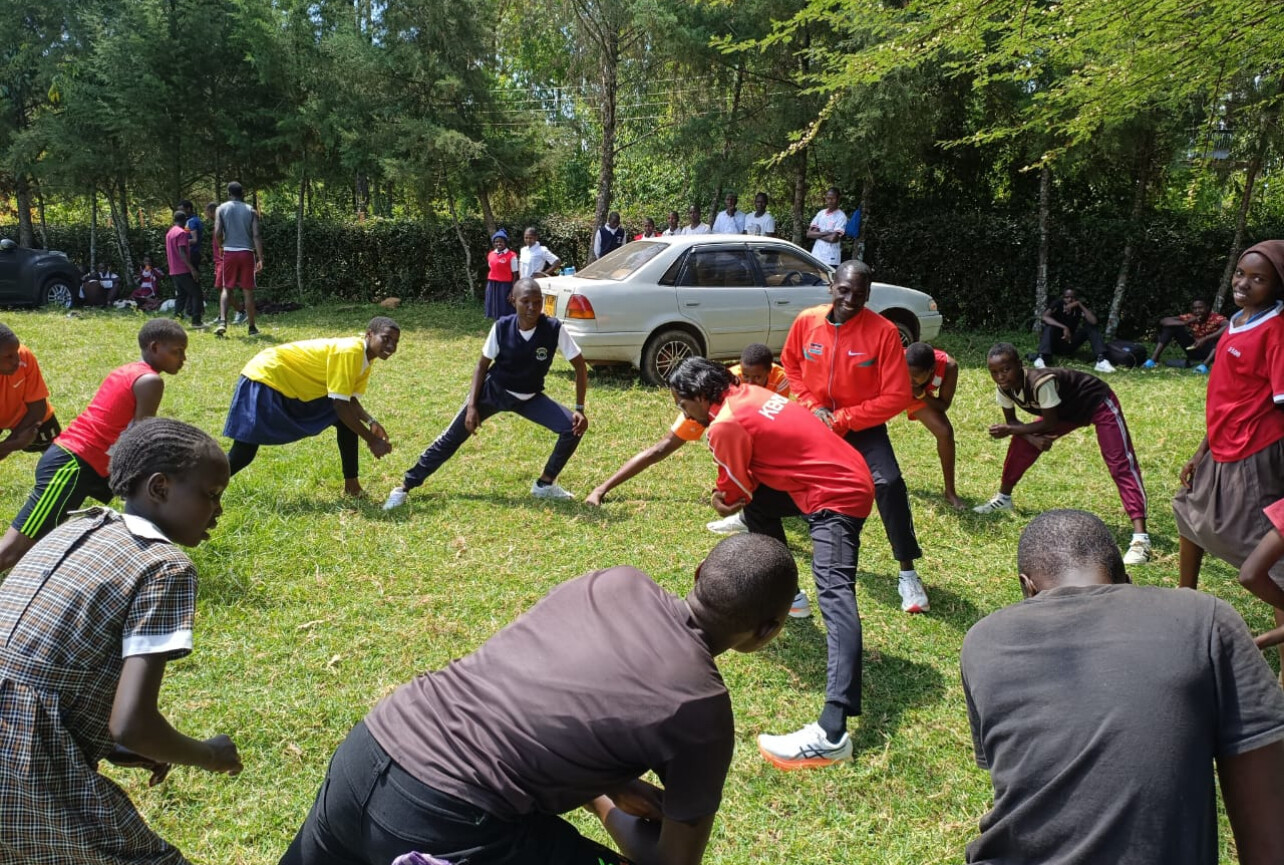
In return, every KATA athlete receives:
• Free lodging
• Three nutritious meals daily
• World-class coaching
“Within six months, all camps will be fully self-sustaining,” Anderson says. “This is not just a running camp—it’s a lifestyle, a community, and a path to opportunity.
Powered by Champions
Two of KATA’s confirmed camp operators are Olympic medalists who bring unmatched experience to the program:
• Edwin Soi, bronze medalist in the 5000m at the 2008 Olympics, now leads KATA Kericho. He’s still racing—and proving his form. On June 15, he clocked a blazing 27:30 for 10,000 meters on the track.
• Paul Kipsiele Koech, bronze medalist at the 2004 Olympics in the 3000m steeplechase, heads KATA Sotik, bringing leadership, discipline, and deep tactical knowledge.
A Vision for 50 Camps, 1,000 Athletes
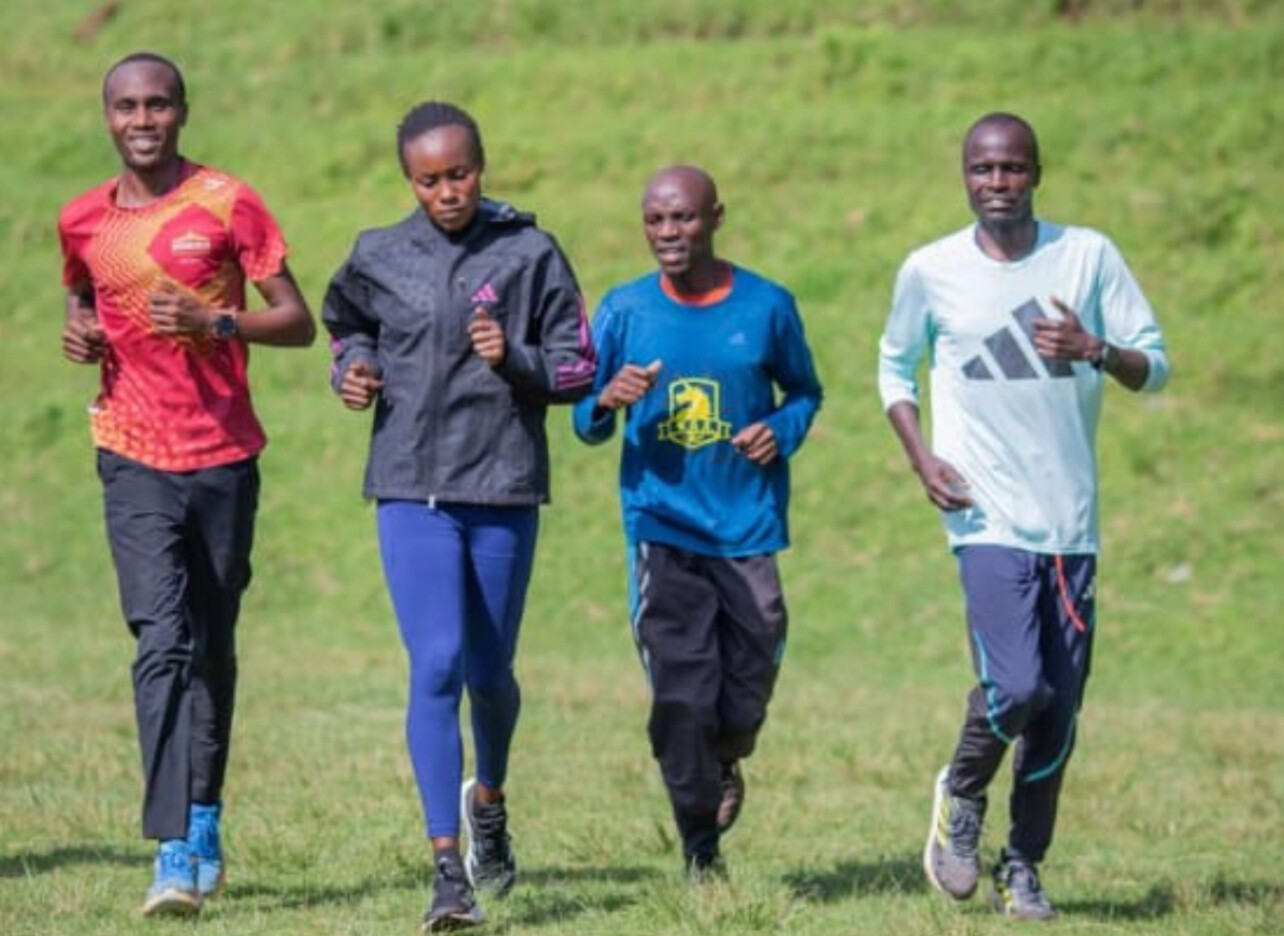
Anderson’s vision is as ambitious as it is inspiring:
“We hope to build a network of 50 KATA Running Camps to train nearly 1,000 athletes. At the same time, we’re working closely with local communities to promote healthier lifestyles through running, nutrition, and education.”
Each camp is embedded within its local area—supporting food security through farming, developing young talent, and strengthening communal ties.
More Than a Camp. A Movement.
KATA is not just about producing the next world record holder. It’s about giving hundreds of athletes the opportunity to reach their full potential—on the track, in life, and within their communities.
By combining sport with sustainability, and elite training with grassroots outreach, Bob Anderson’s KATA is poised to become one of the most impactful distance running projects in the world.
by Boris Baron
Login to leave a comment
Olympic Medalist Paul Kipsiele Koech to Lead KATA Running Camp in Sotik
Paul Kipsiele Koech, one of Kenya’s most decorated distance runners, has officially joined the growing KATA Running Camp network as the operator of the new satellite camp in Sotik, Kenya.
Koech won the bronze medal in the 3000m steeplechase at the 2004 Olympic Games in Athens and remains one of the most accomplished athletes in the history of the event. His personal best of 7:54.31 still ranks as the 4th fastest time ever run in the 3000m steeplechase.
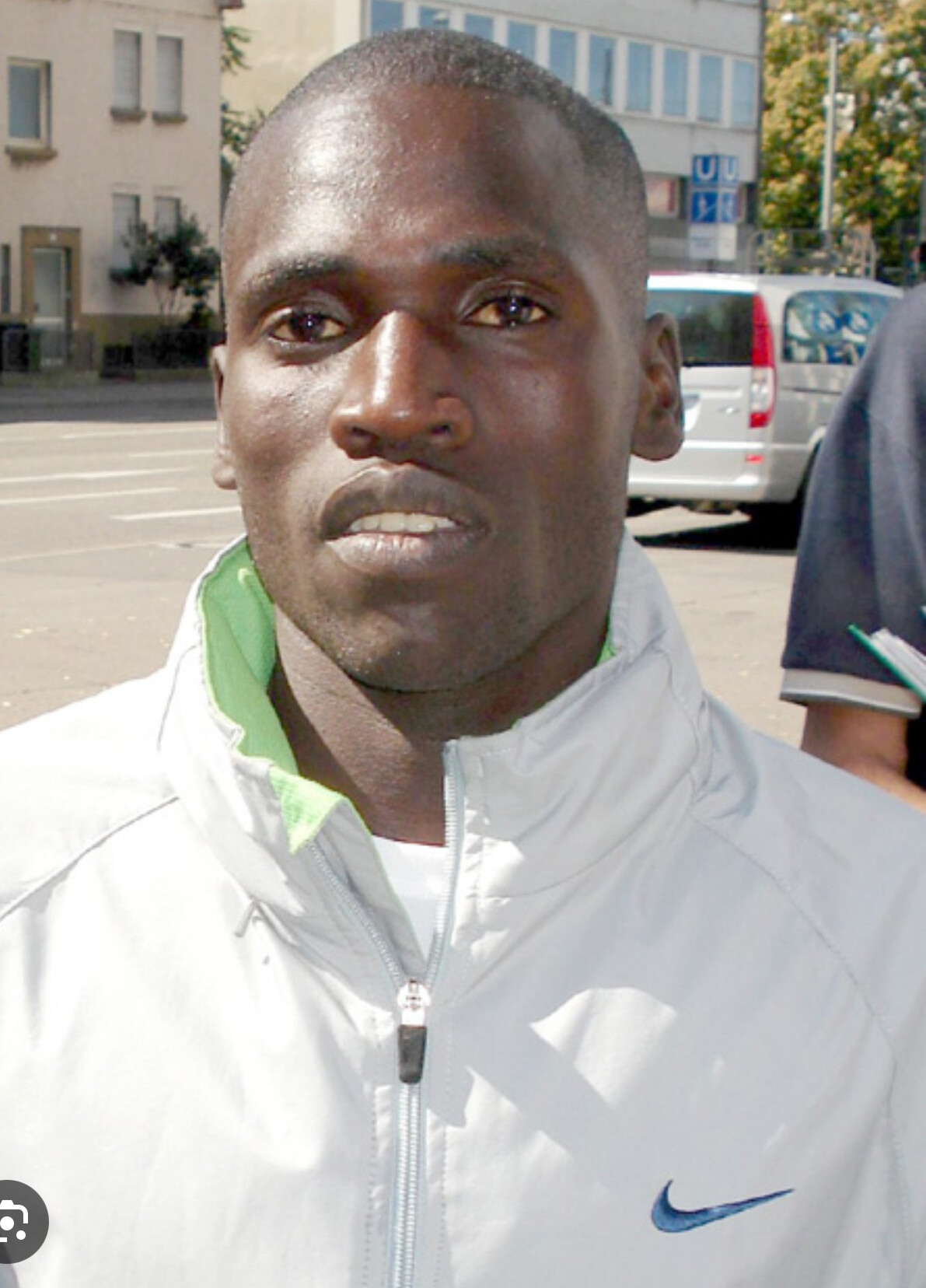
Even more impressively, Paul has run more sub-8:10 steeplechase races than any other athlete in history, with 110 such performances—a level of consistency that showcases his incredible fitness and longevity in one of the sport’s most grueling disciplines.
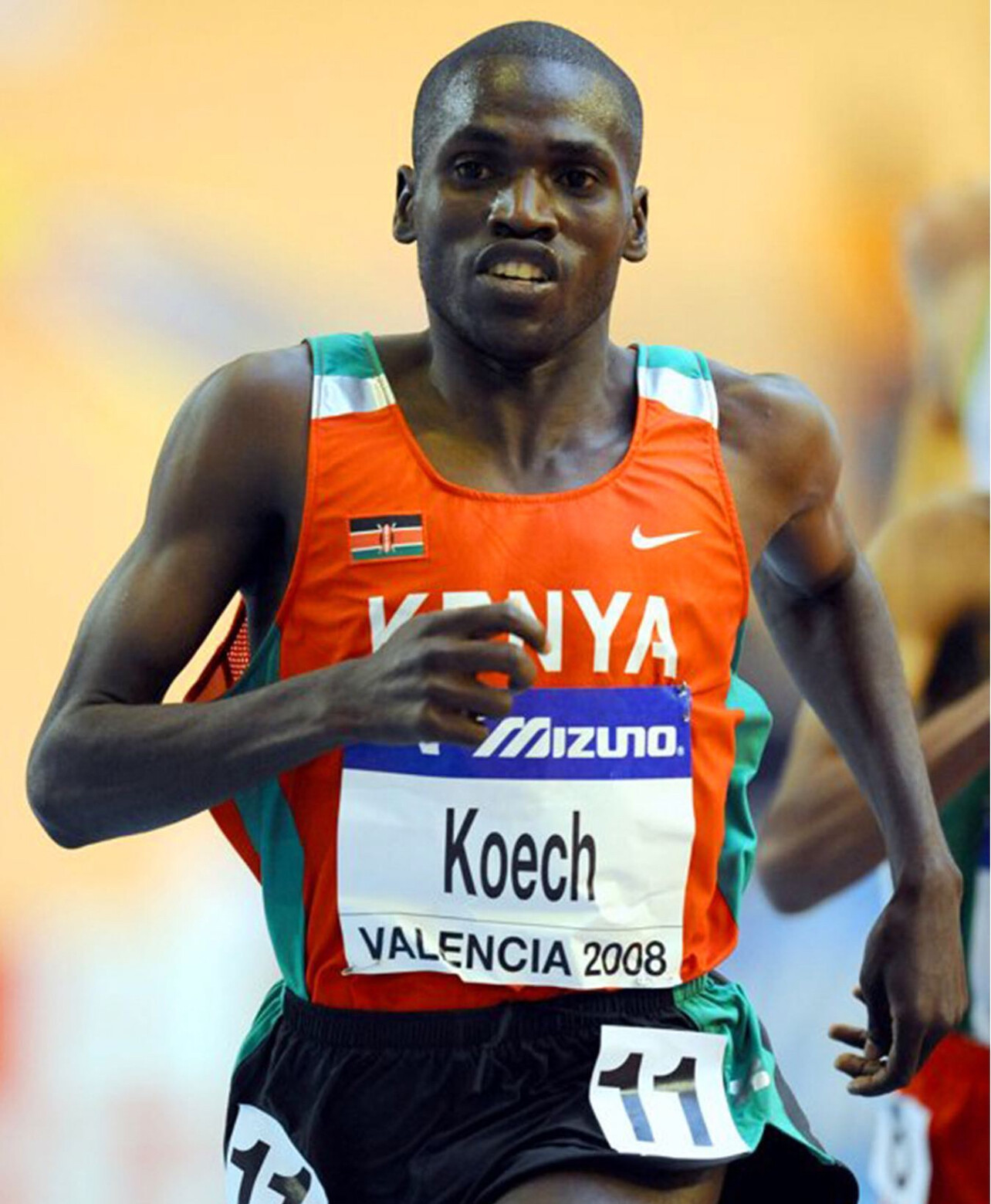
Now a world-class masters runner, Koech continues to train and inspire. But his talents extend beyond the track: he’s a successful dairy farmer with his own milk company and has extensive experience growing potatoes across the Rift Valley.
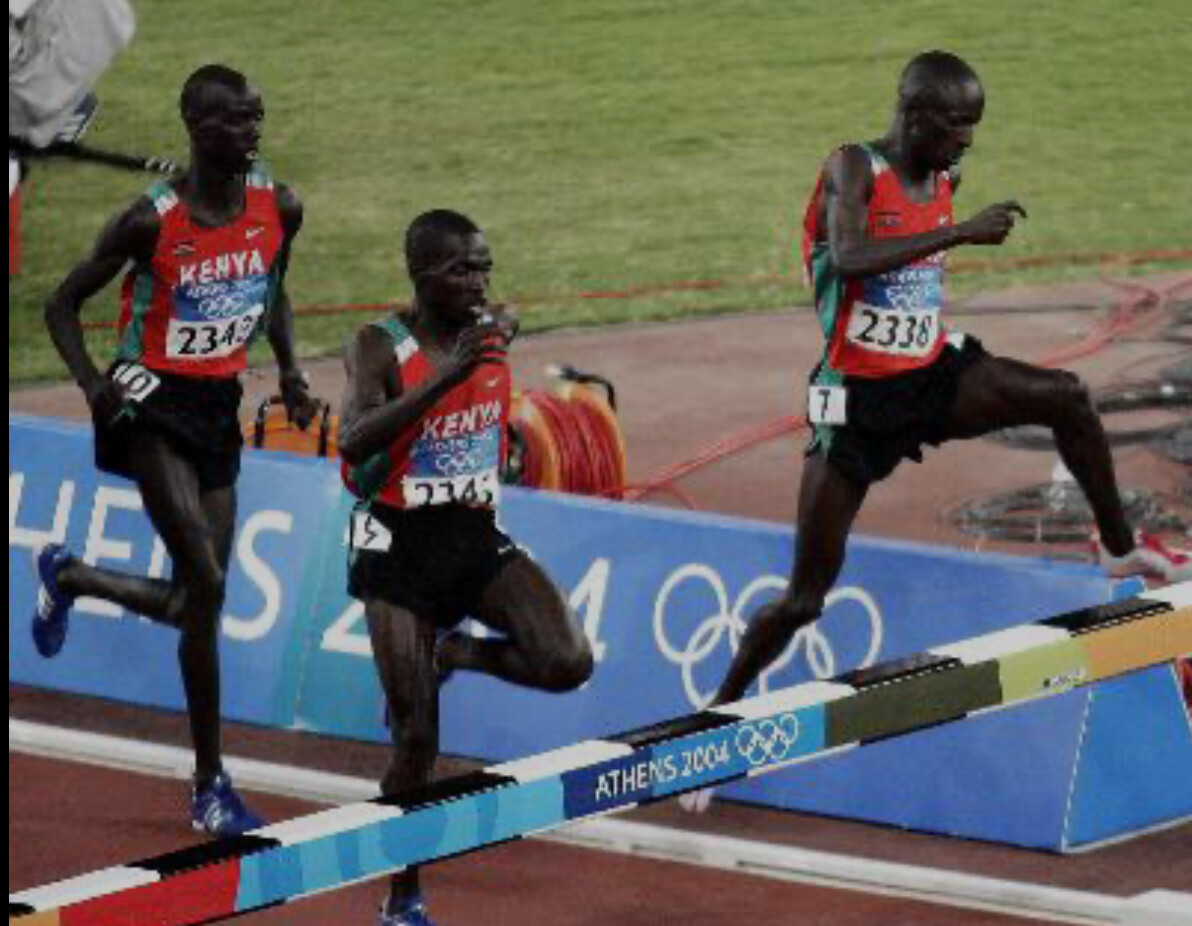
His deep agricultural background makes him the perfect fit for KATA’s innovative model, which combines elite running with sustainable farming. The KATA Running Camp Sotik will provide athletes with top-tier coaching and facilities, as well as hands-on experience in potato farming—a dual focus designed to build both athletic and life skills.
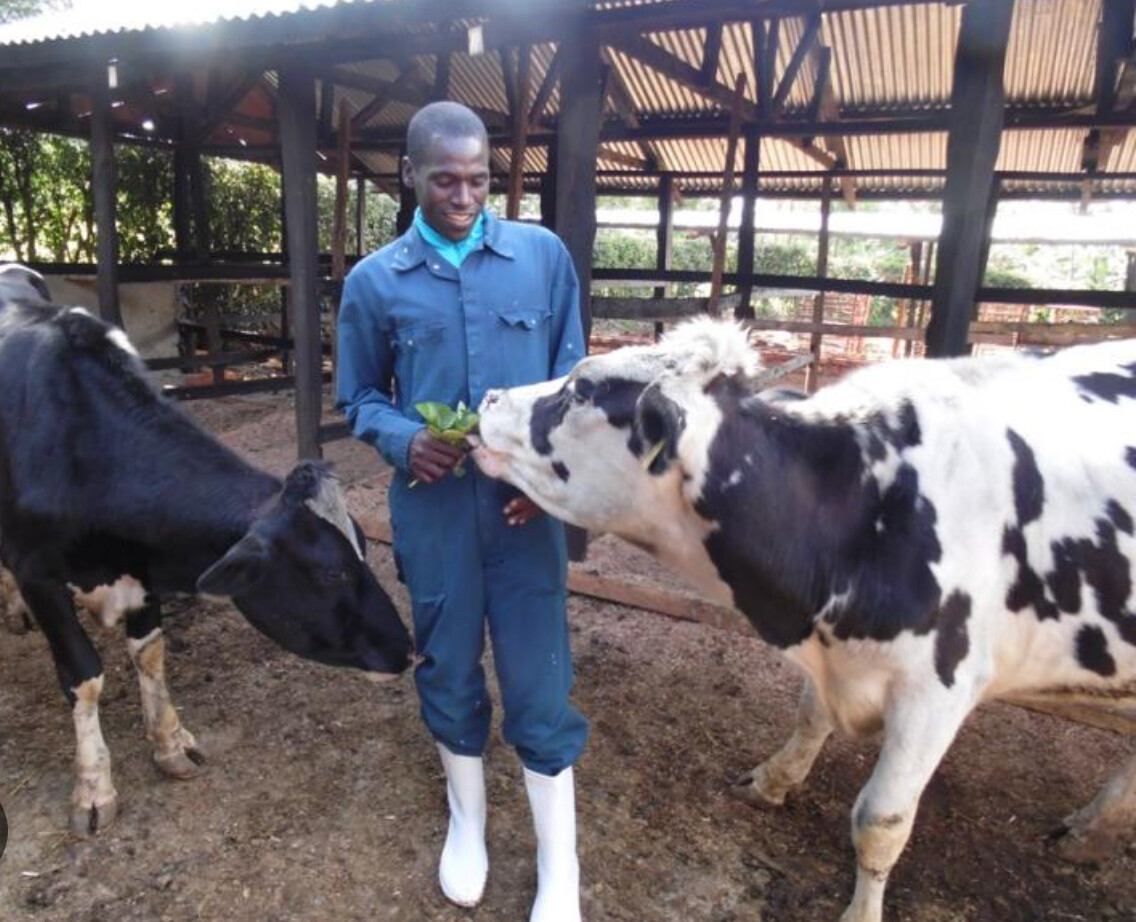
“I am so excited to be part of the KATA Running Camp program Bob has put together,” says Paul. “We are going to make a difference.”
Top five all-time best times for 3000m Steeplechase:
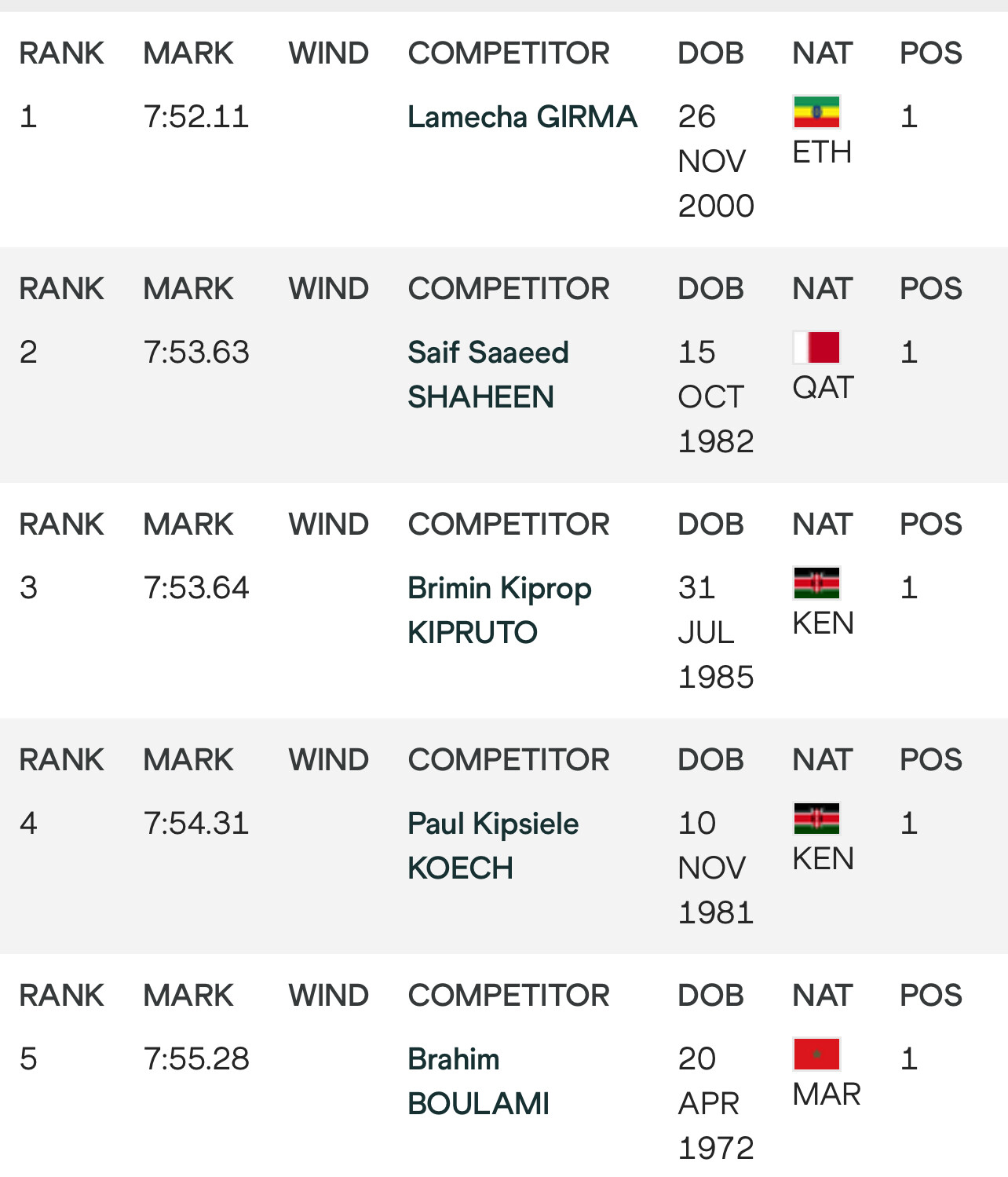
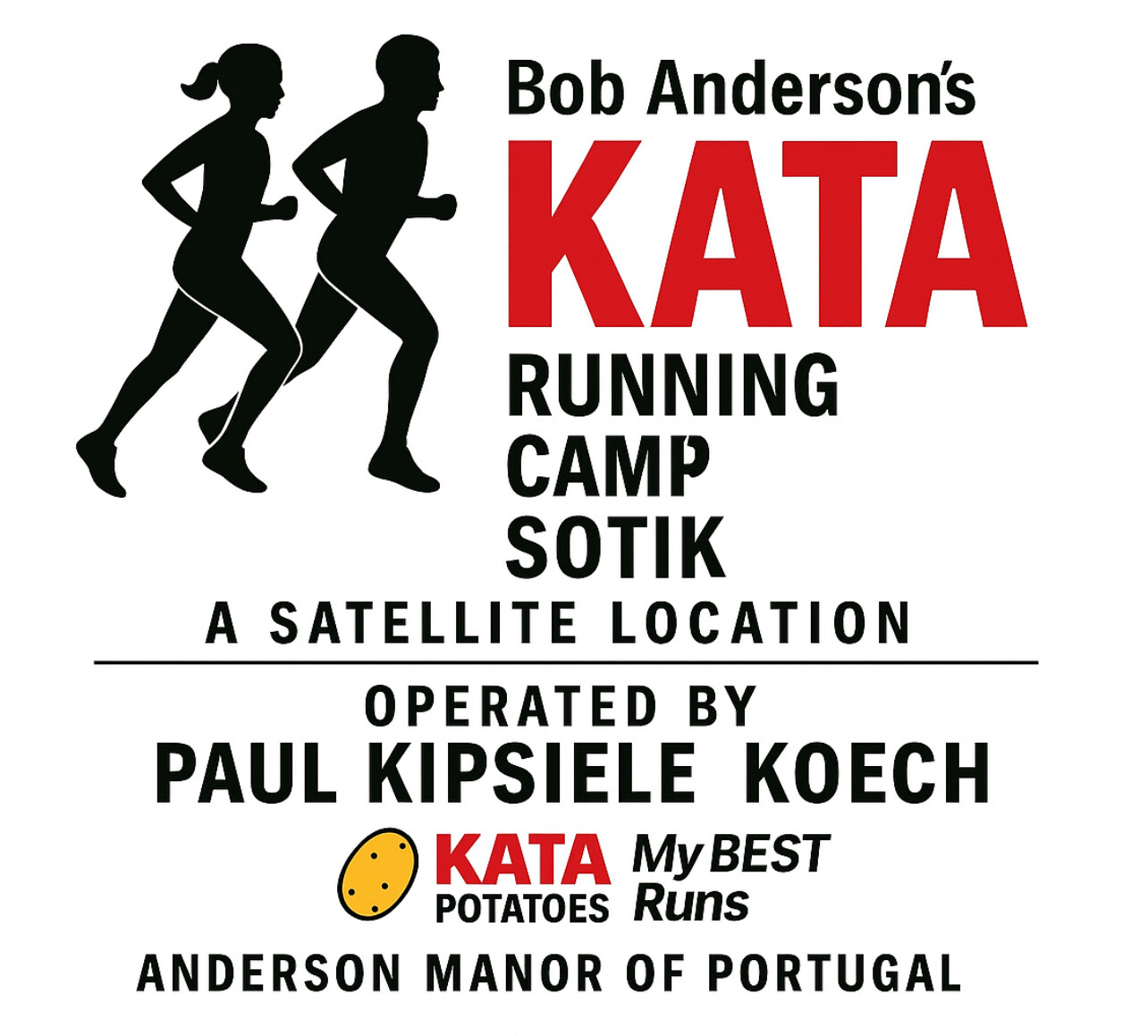
With Paul Kipsiele Koech at the helm, the Sotik camp becomes a powerful addition to the KATA mission: helping uncover new talent, supporting athlete development, and strengthening local communities—one stride at a time.
by Boris Baron
Login to leave a comment
World marathon record holder Eliud Kipchoge and David Rudisha lead Absa initiative to boost education in Kenya
World record holders Eliud Kipchoge and David Rudisha are among five athletes signed up by Absa Bank Kenya PLC to power their “Torch of possibilities run” initiative that seeks to raise funds for education in Kenya.
ABSA Bank Kenya managing director and CEO Jeremy Awori said the bank also intends to partner with the ministries of sports and education in the initiative that seeks to raise funds for education, sports and the future for Kenyan children.
Others athletes included in the campaign are two-time world marathon champion Catherine Ndereba, former world 800 meters champion Janeth Jepkosgei and three-time Diamond League 3,000 meters steeplechase winner Paul Kipsiele Koech.
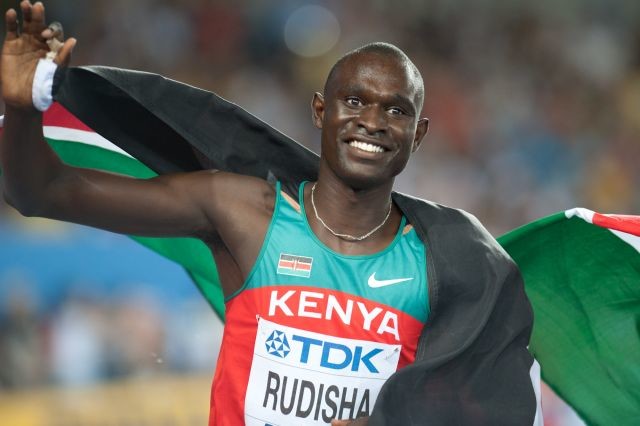
Awori said that the athletes will participate and champion the cause in five races to be held in Eldoret, Nairobi, Nyeri, Kisumu and Mombasa where they also intend to raise funds from entry fees and sponsorship from other corporates.

Awori added that the campaign is aimed at motivating emerging and future athletes, as well as millions of young Kenyans to aspire for greatness.
Eldoret will open the proceedings on March 21 followed by Nairobi on March 28 where entry fees across all the events is Sh1,000.
Awori said they will inject Sh45 million into the cause that is divided between two major projects with Sh20 million going towards the construction of ablution blocks in 40 primary schools across the country.
“Sh25 million will be used to set up 66 computer centers across the country in partnership with Computer for Schools project,” said Awori during the launch at Movenpick Hotel, Nairobi, that was attended by all the contracted athletes save for Kipchoge, who gave a recorded speech.
Sports Cabinet Secretary Amina Mohammed, Director of Secondary Education Paul Kibet, who represented Cabinet Secretary for Education George Magoha and Athletics Kenya CEO Susan Kamau, among others, graced the launch.
“We wanted to bring possibilities of life in education through sports and the place to experience that is young people,” said Awori, adding that they picked on the athletes because of their remarkable status in sport.
Awori highlighted the intention of the bank to keep differentiating itself through participating in projects that are attuned to the needs of the communities in which it operates.
In the last three years, the bank has invested Sh161 million to support 574 university students through the Absa Scholarship program.
Amina said the best gift the country can give to the youth is good education and health through programs like sports and hailed Absa’s initiative.
“Sanitation and especially ablution blocks have been a challenge in schools. Our first phase is the primary schools first moving to secondary hence Absa’s initiative will help us,” said Amina, adding that they intend to construct 19 sports academies across the country where children coming from such programs will continue to pursue their sporting talent.”
by Ayumba Ayodi
Login to leave a comment


